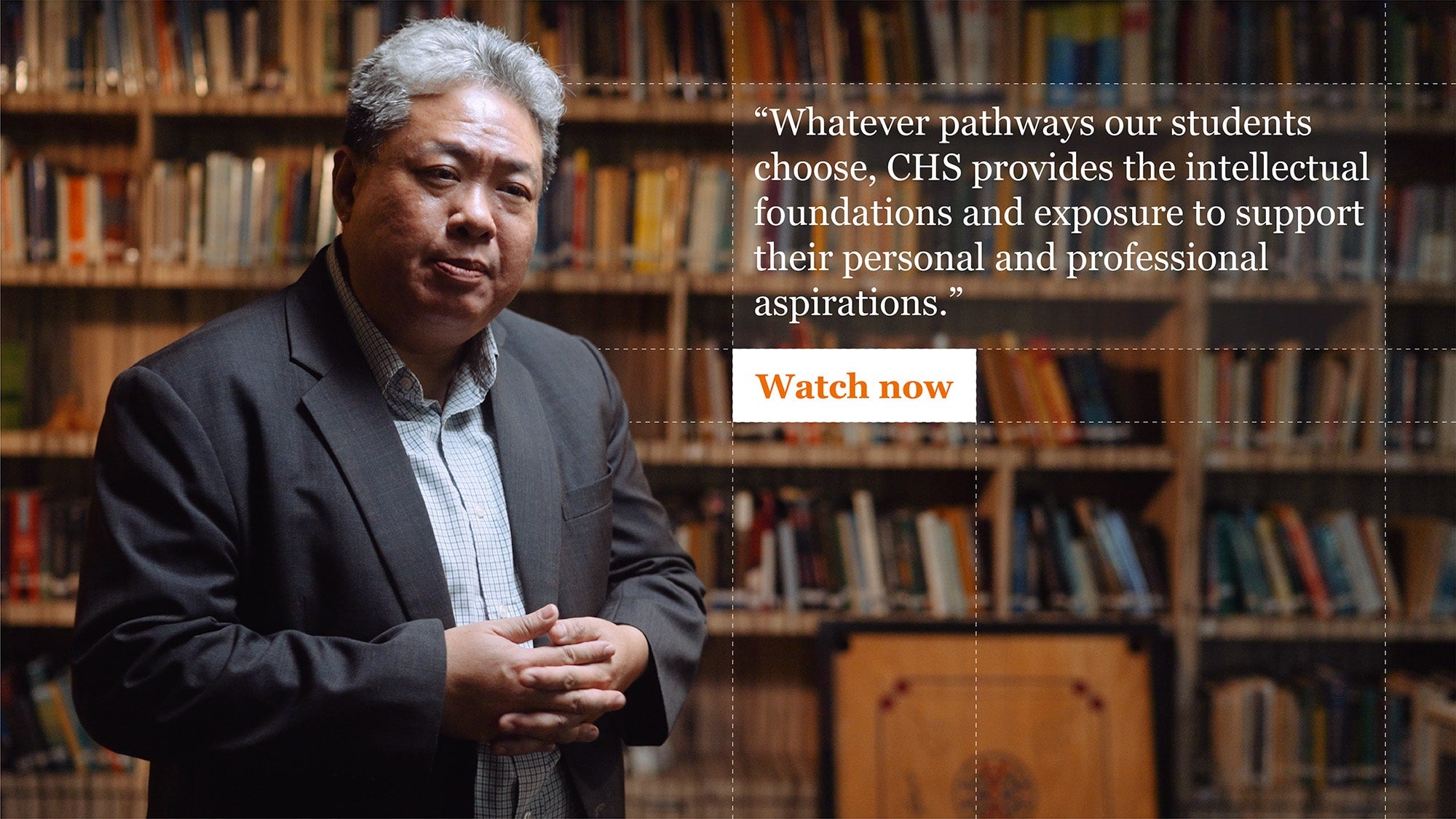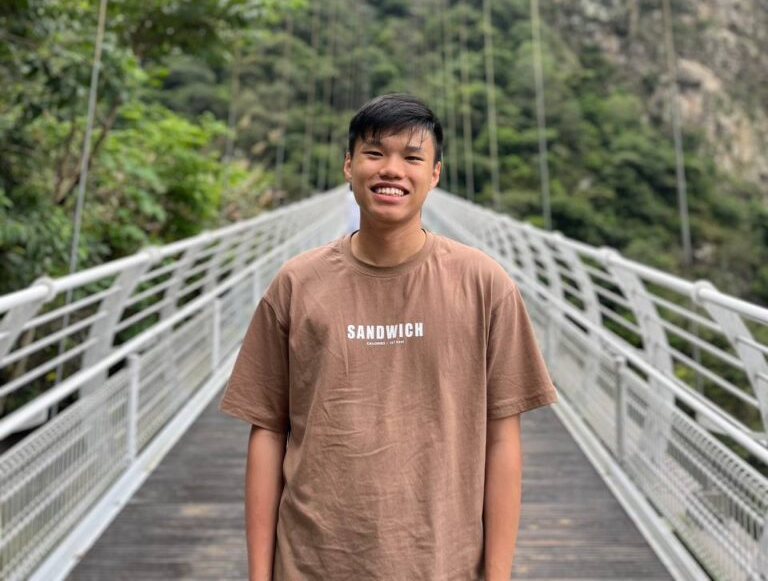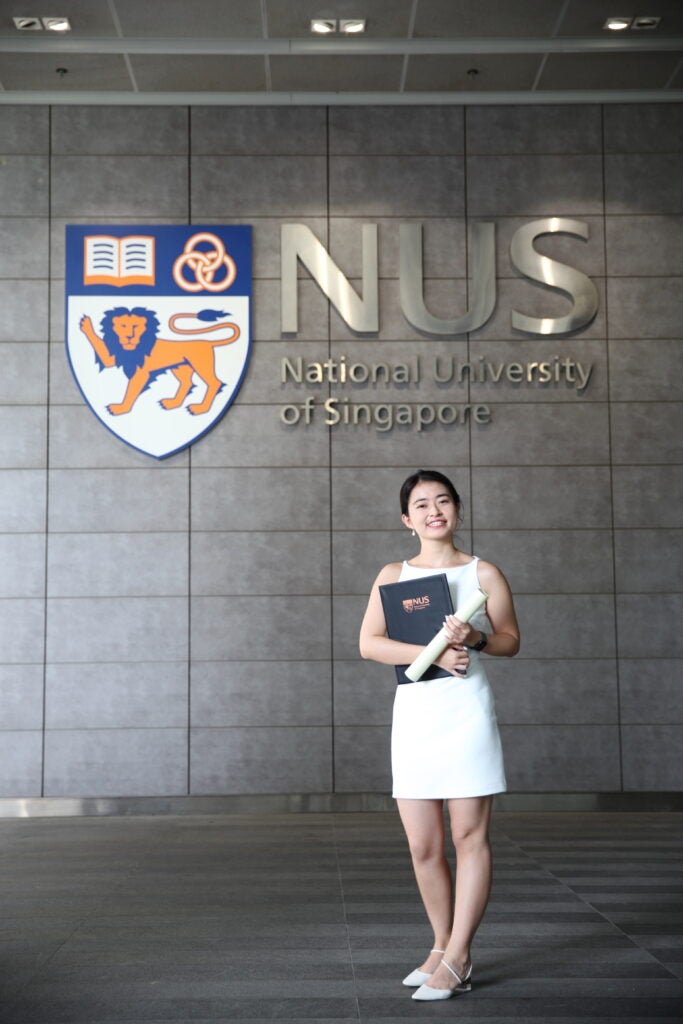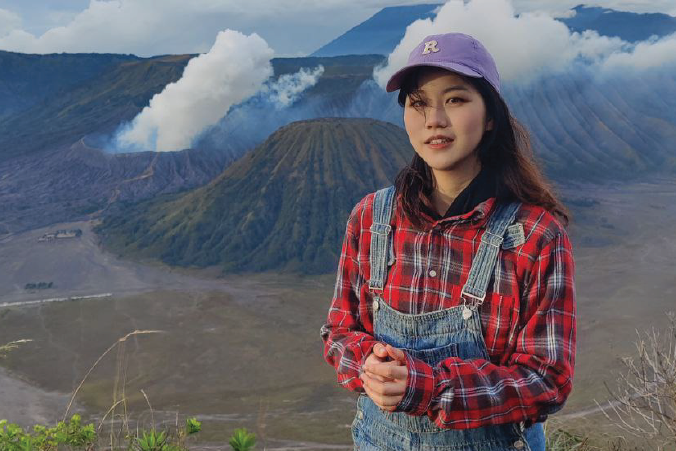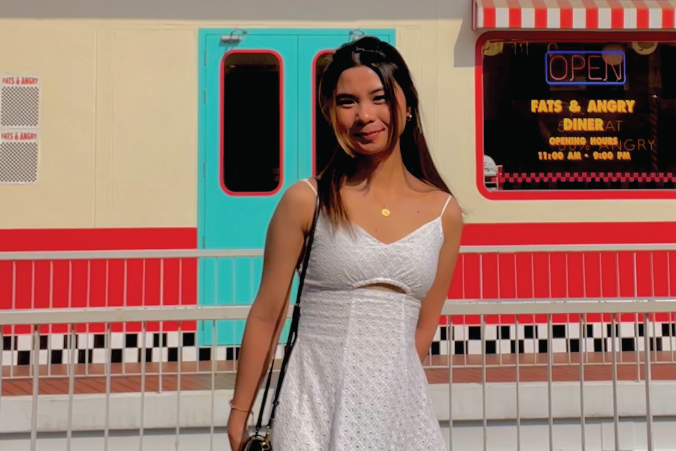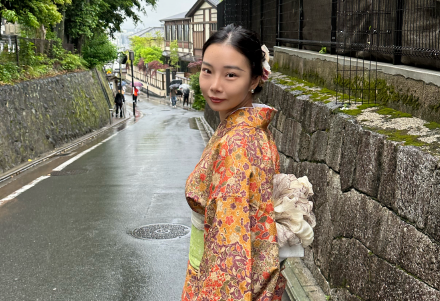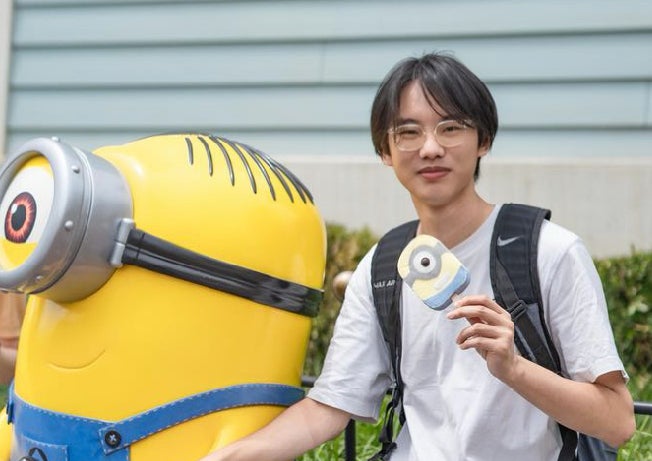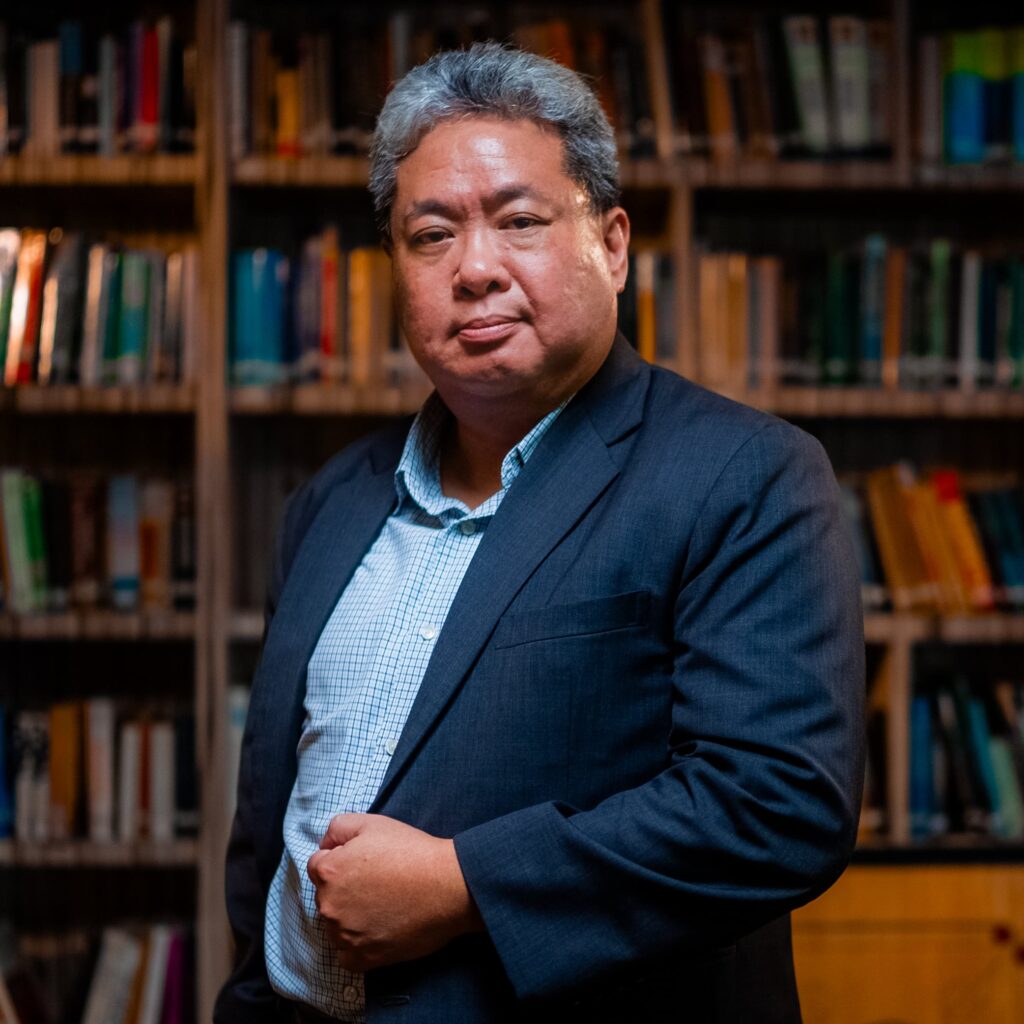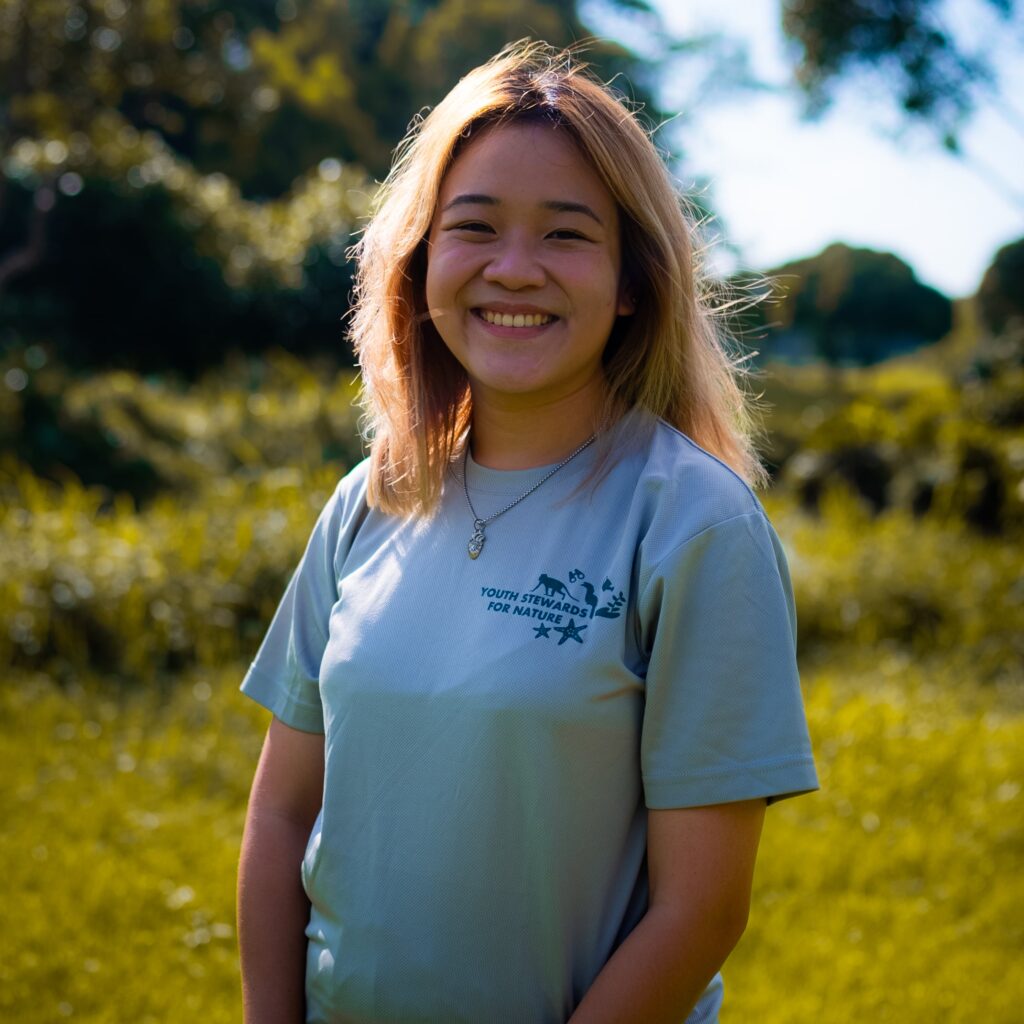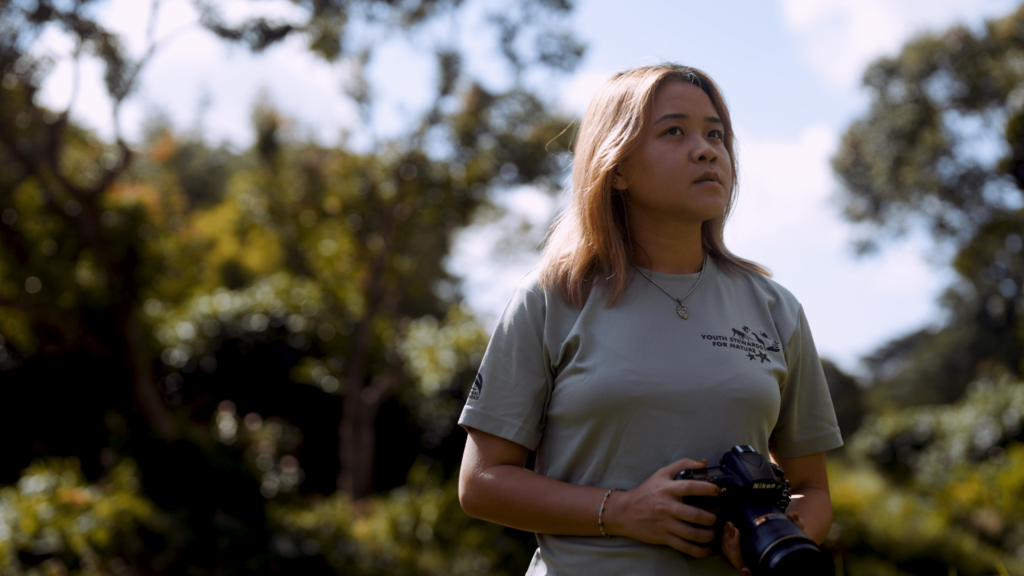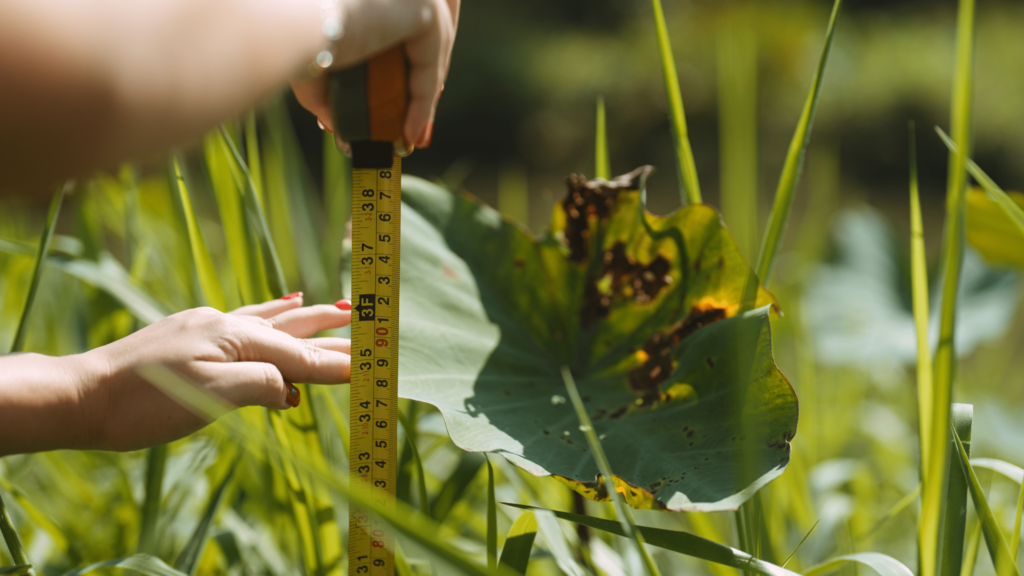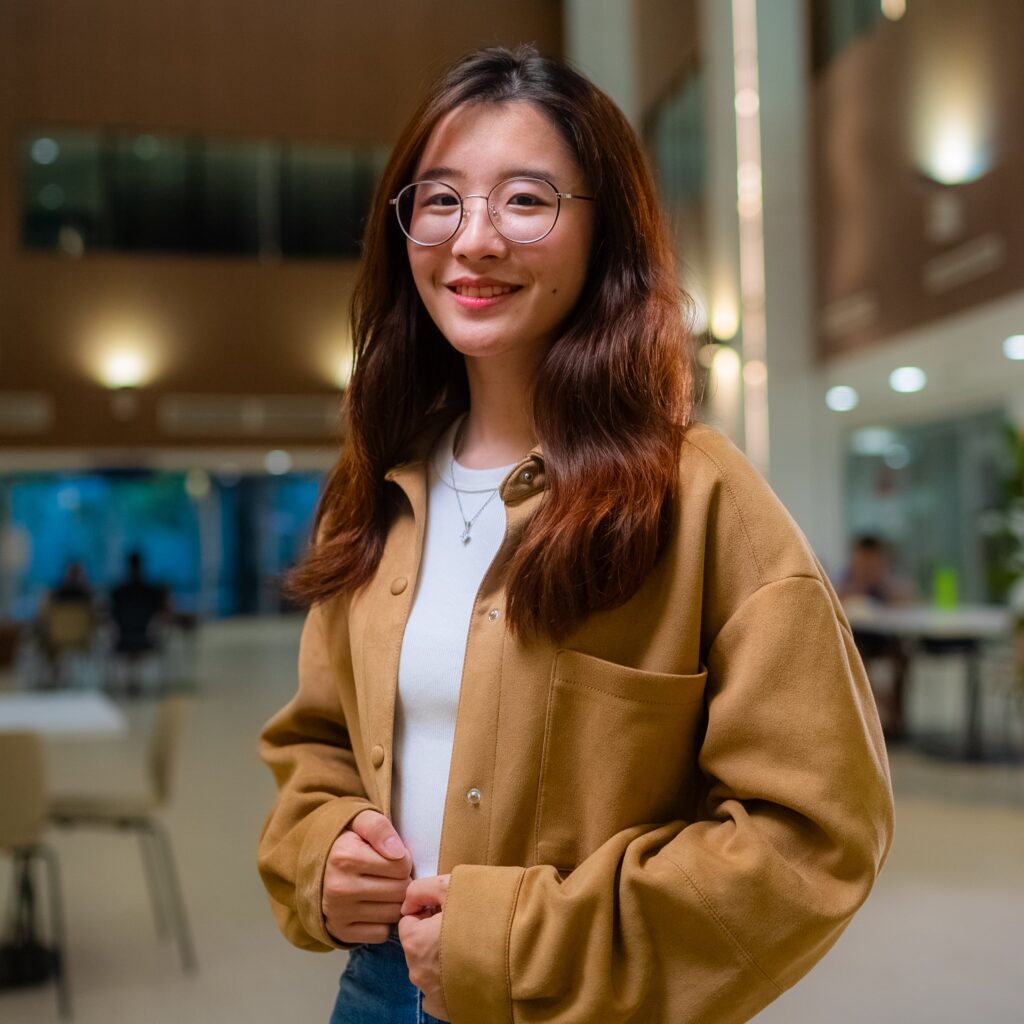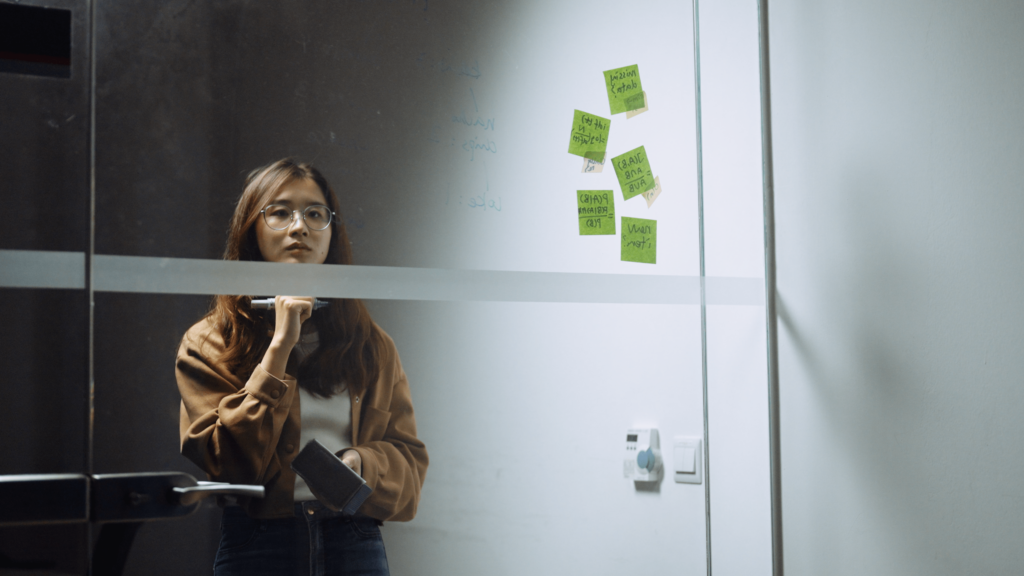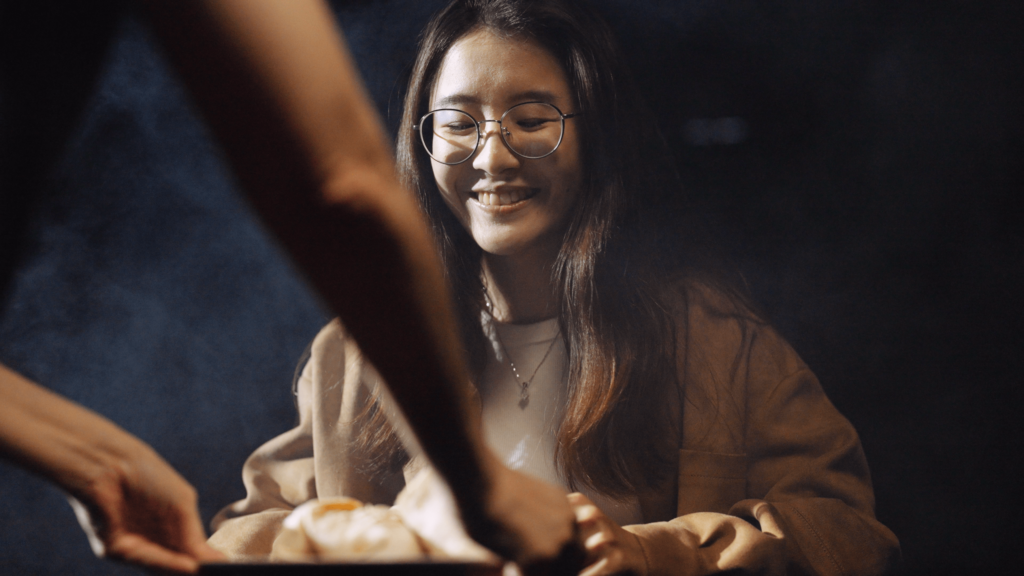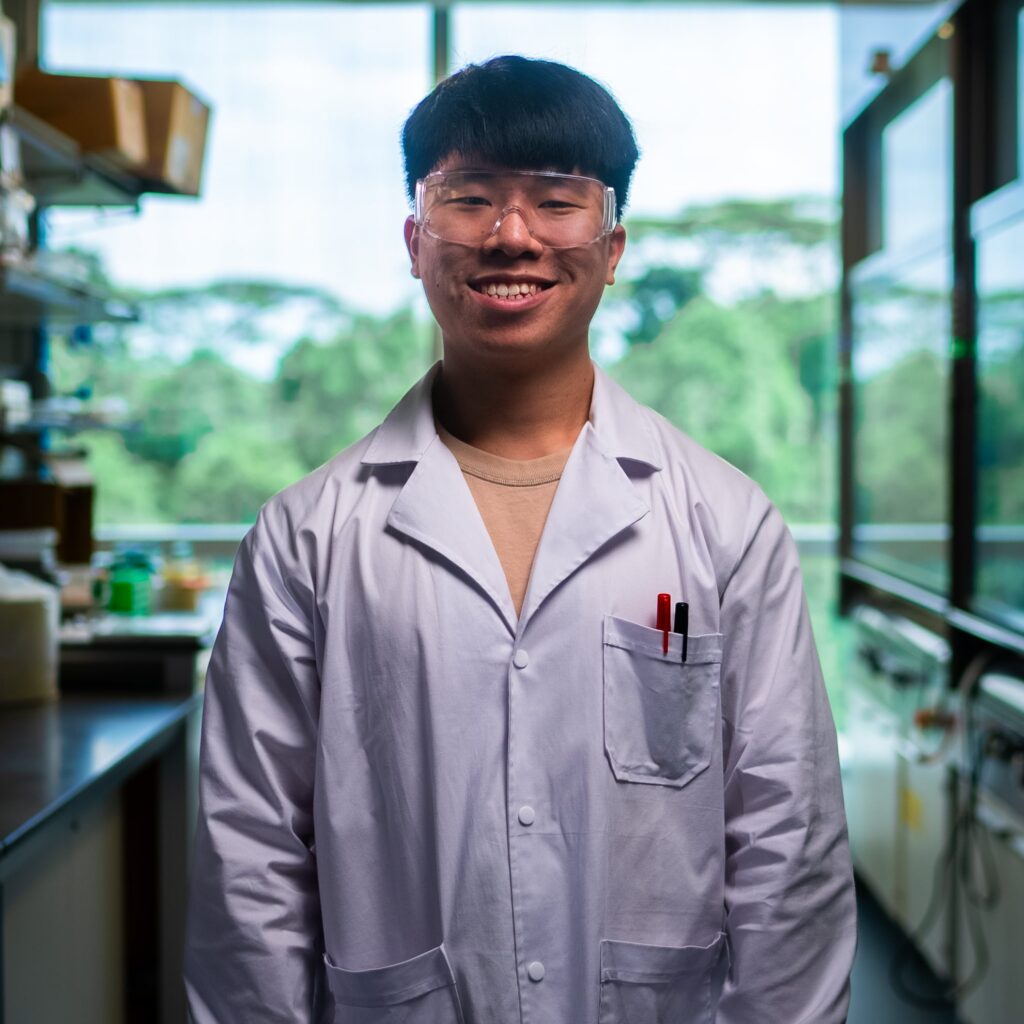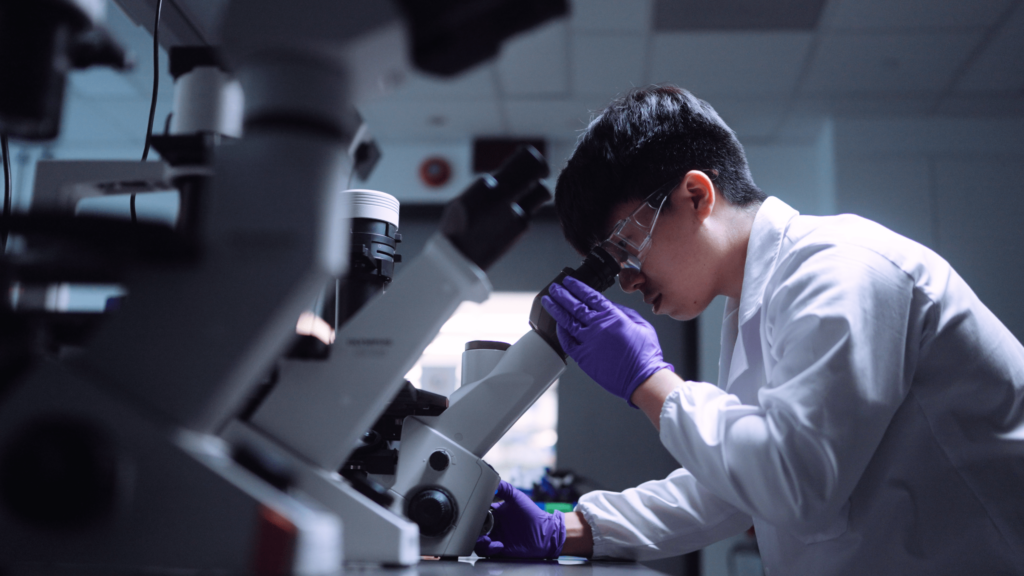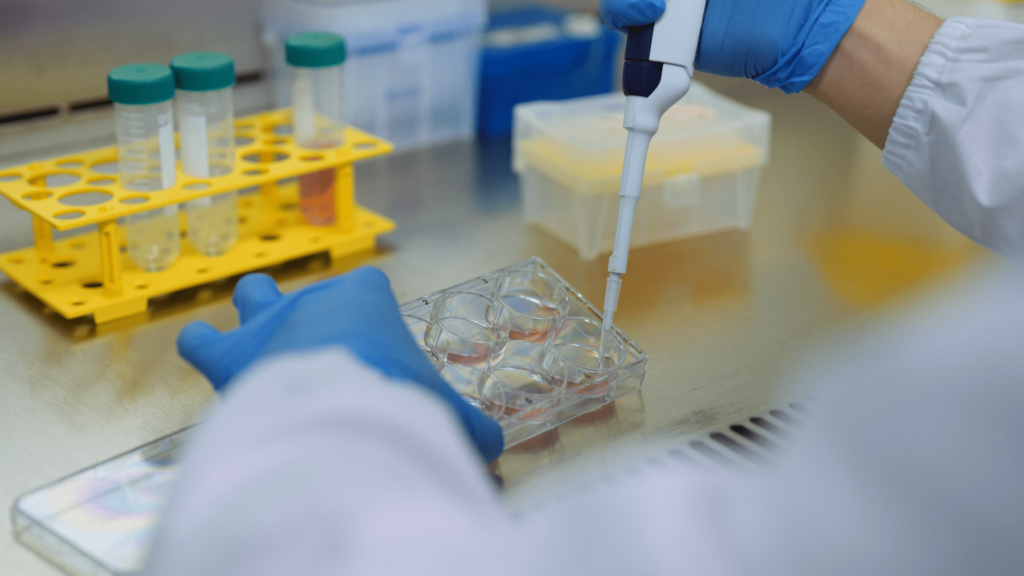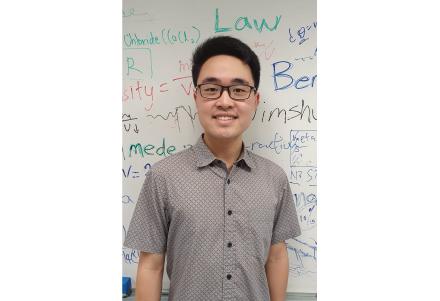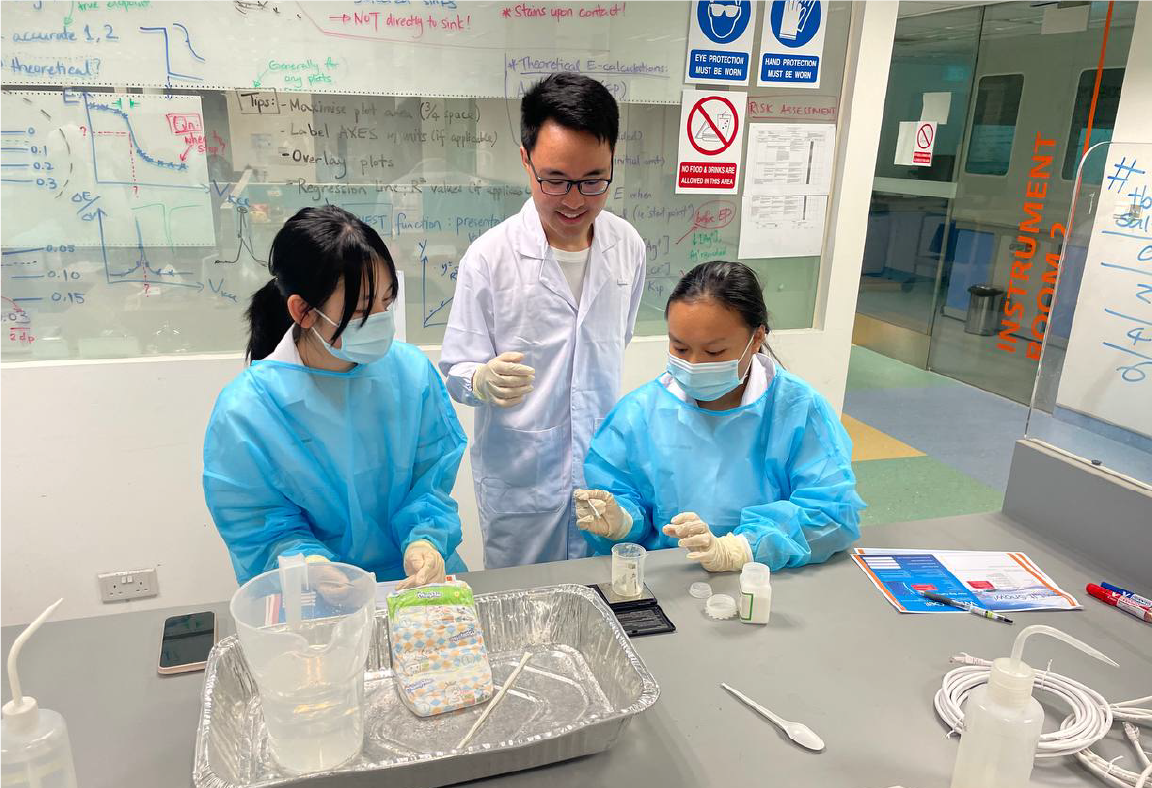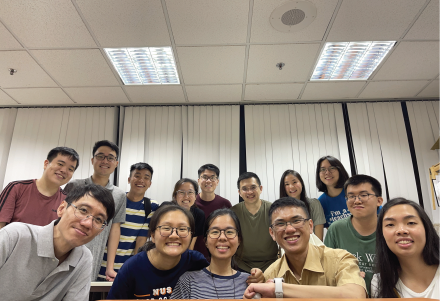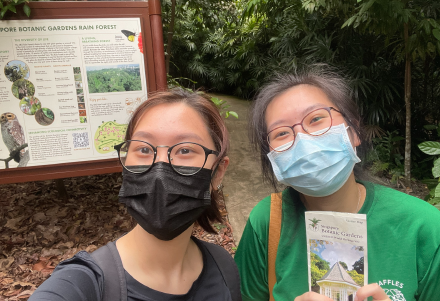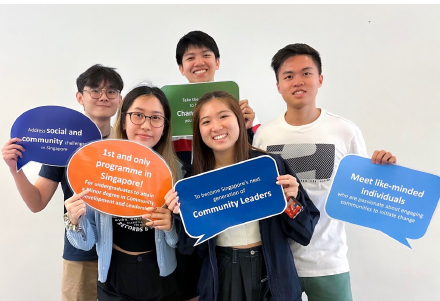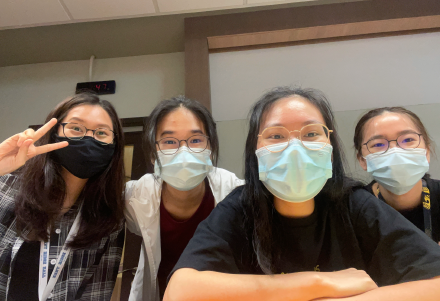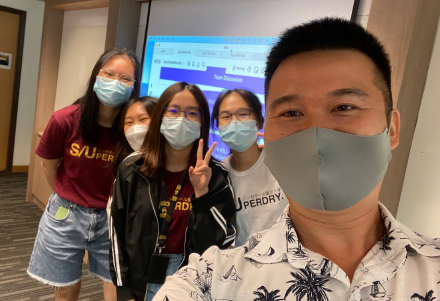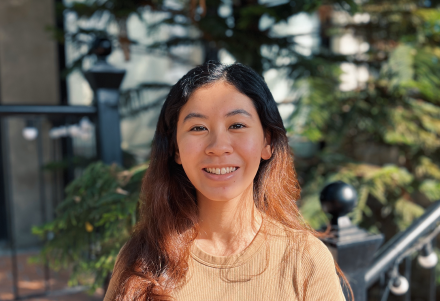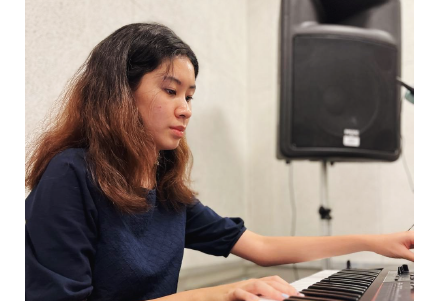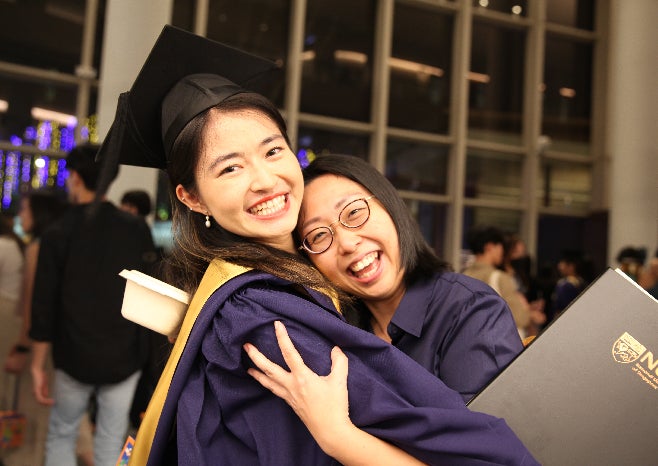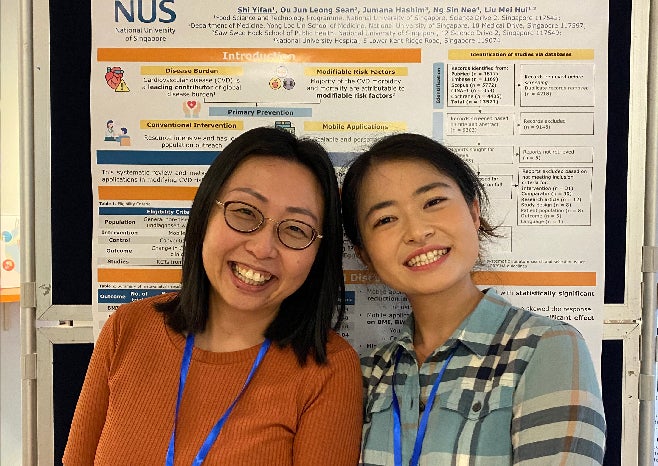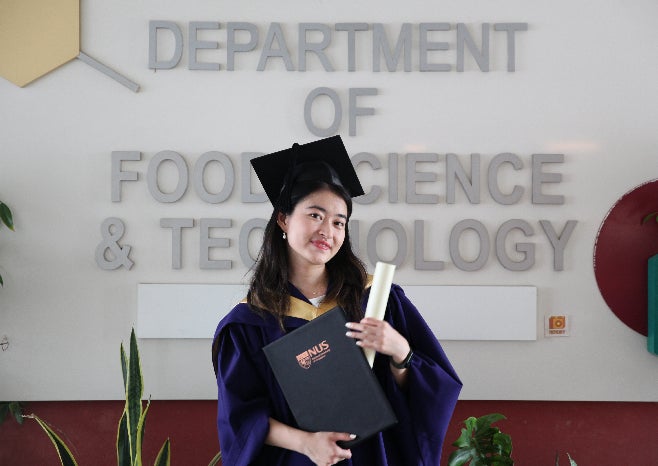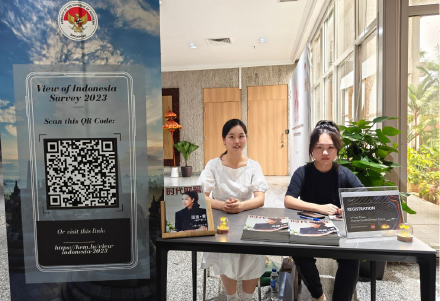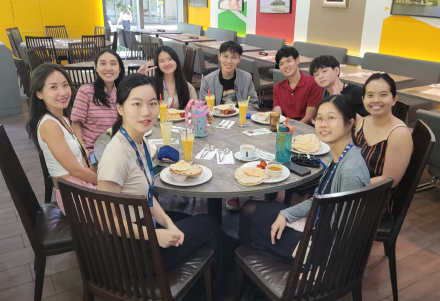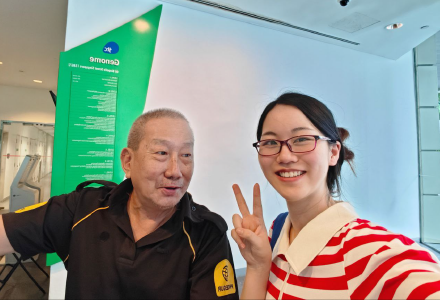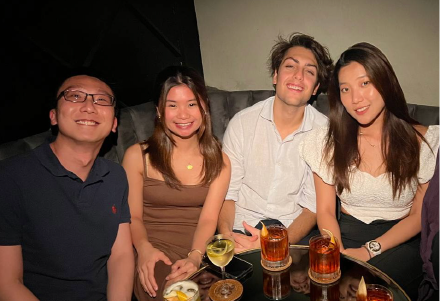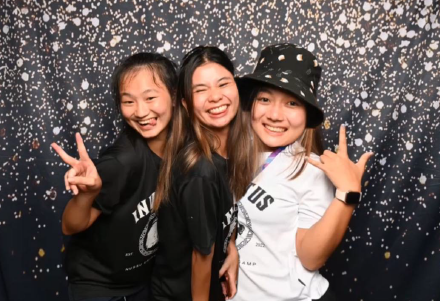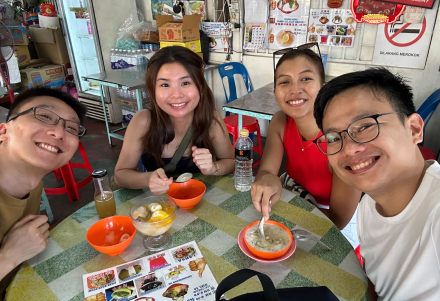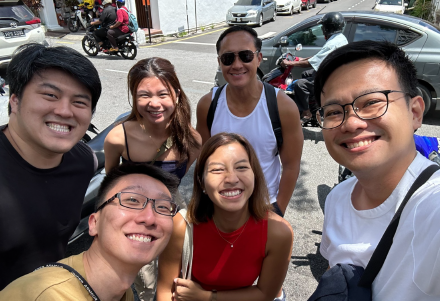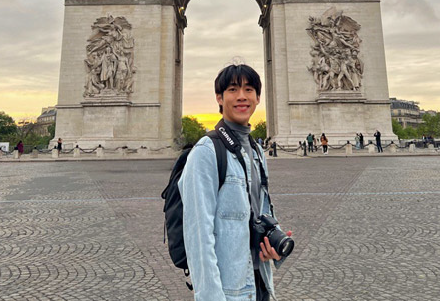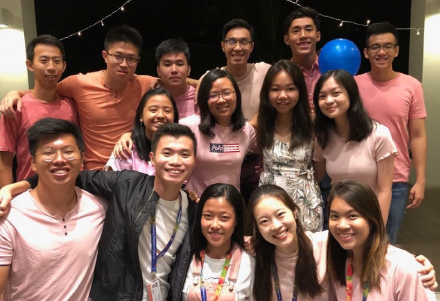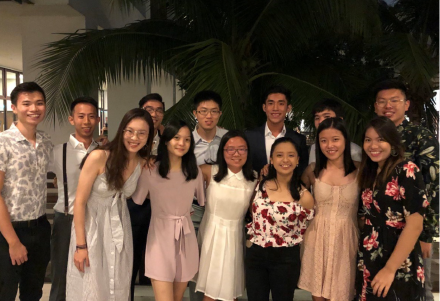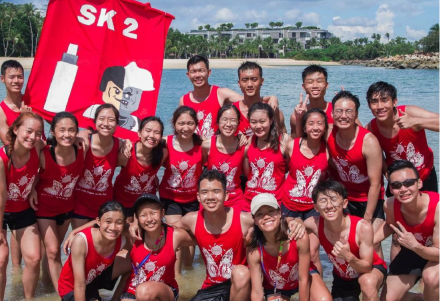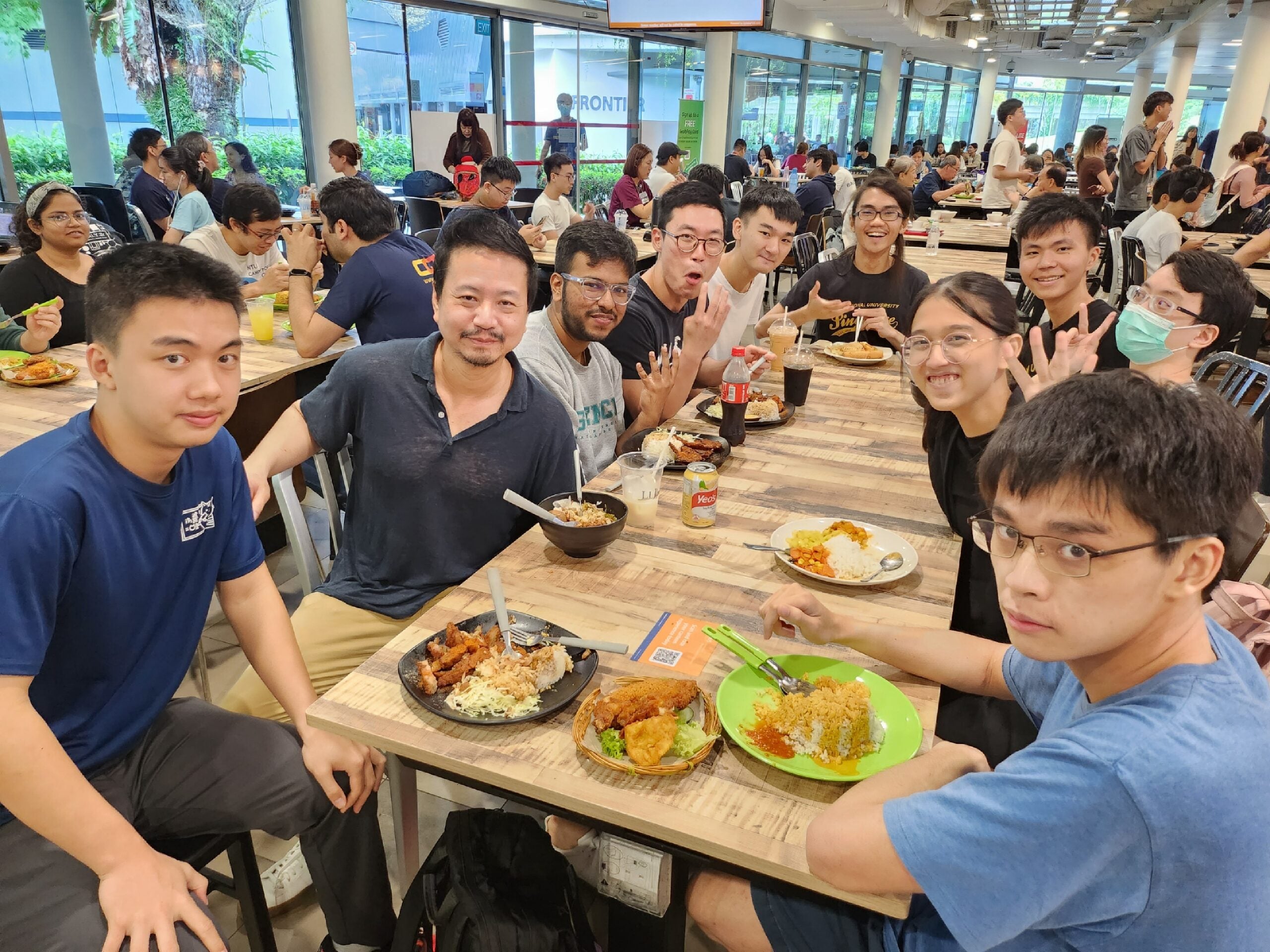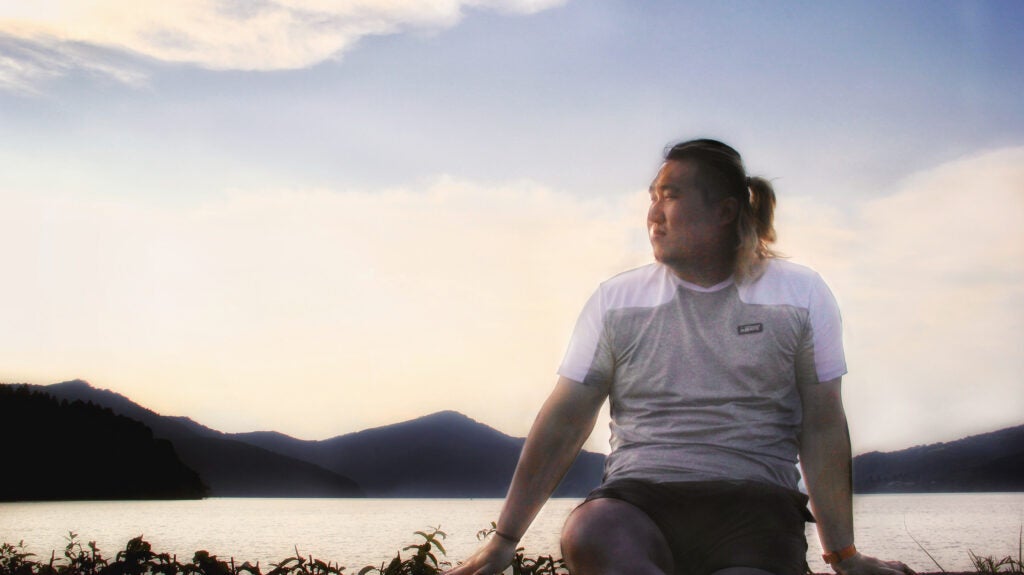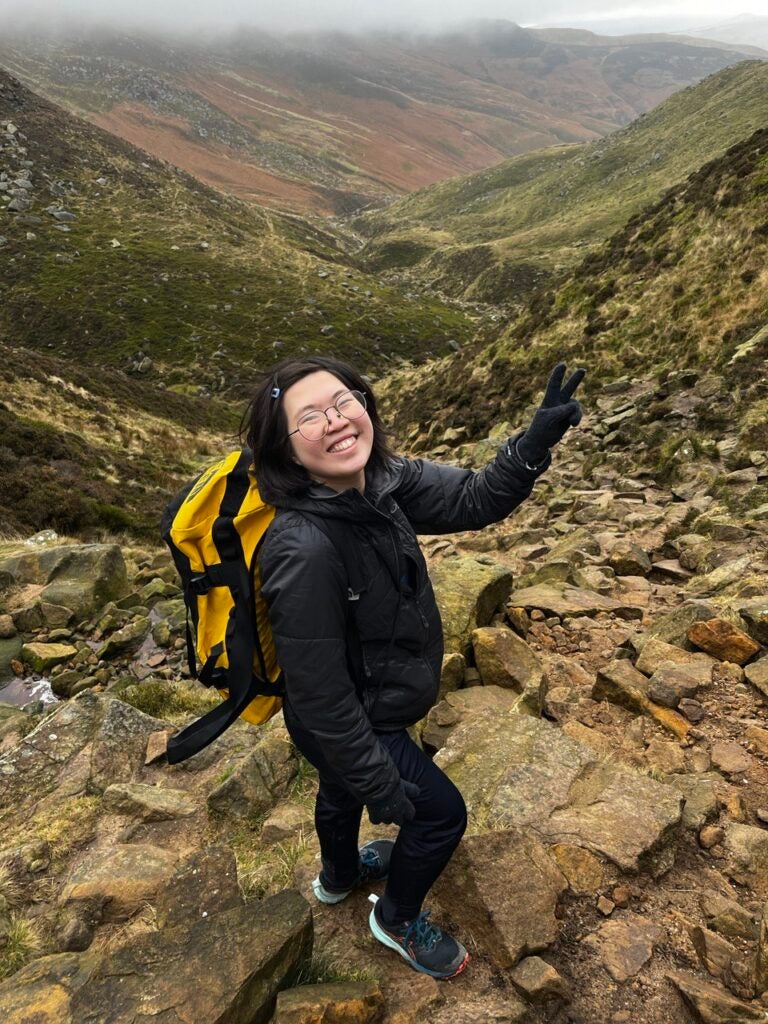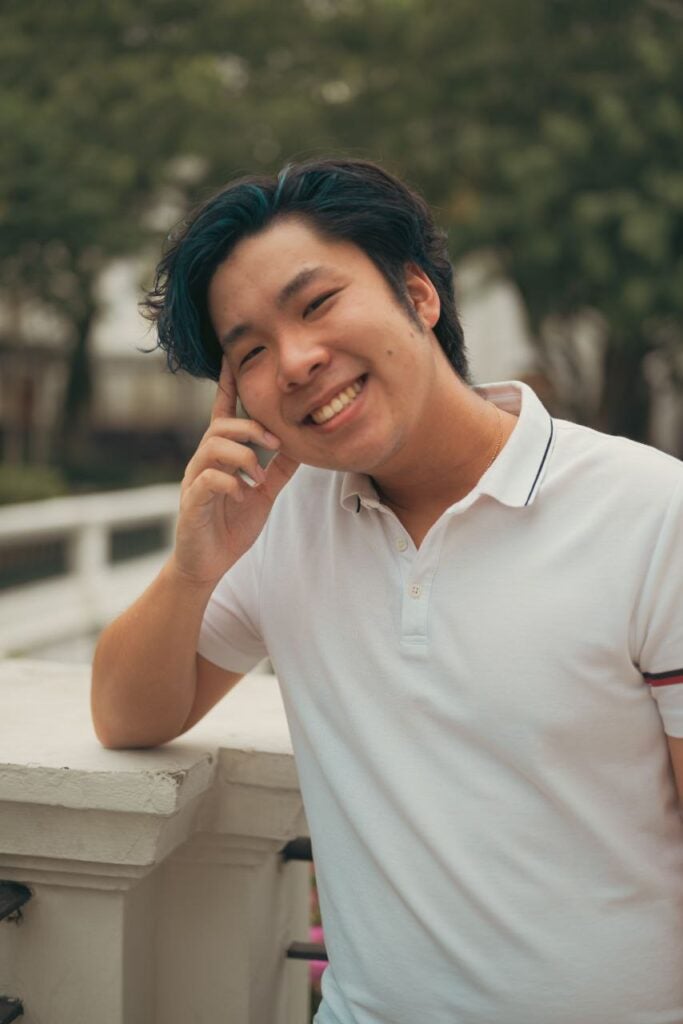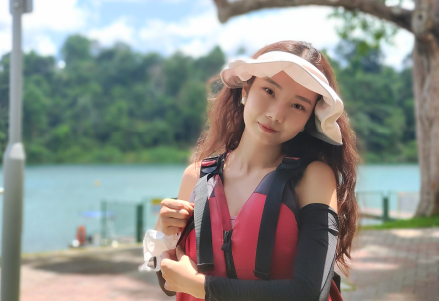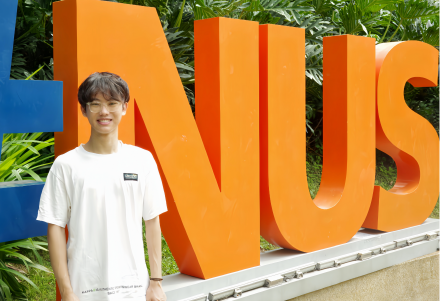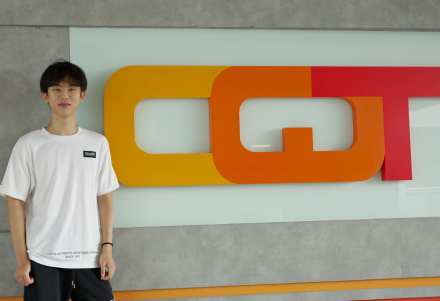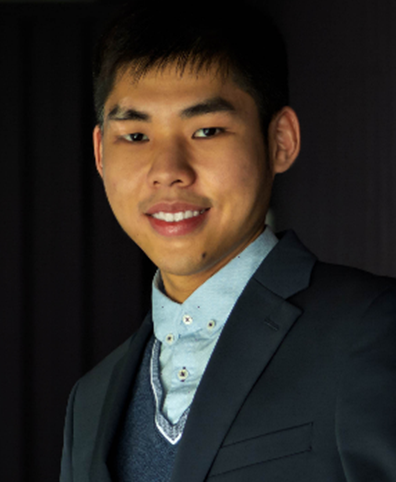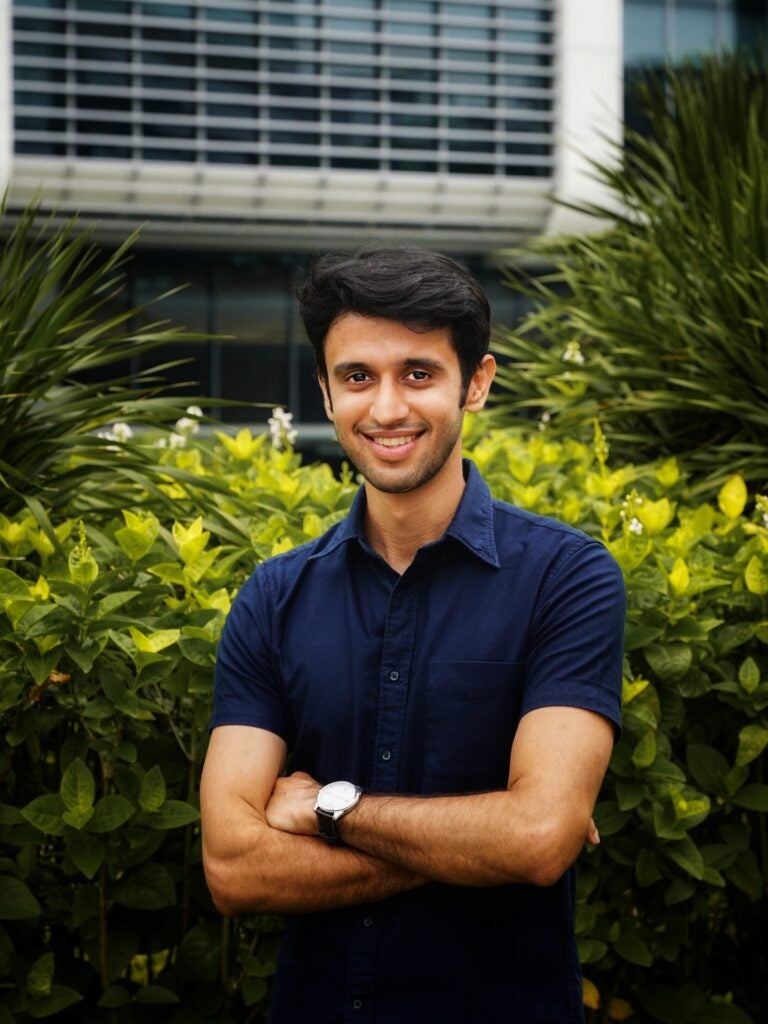With the discovery of new knowledge stemming from the interplay between disciplines, more students are also opting for more unusual course combinations.
Shaping Future Talent
Shaping Future Talent
Bringing
Science to Youths
The Faculty and our partners run pre-undergraduate research programmes, competitions, workshops, school visits, talks and the Faculty Open House to promote interest in science and encourage students to read science at NUS.
Talent Management Outreach
This early engagement initiative was held on 22 July 2023 to create awareness of tertiary education options available in NUS for prospective students and to attract top students to consider NUS as their choice university. The programme comprised lunch, a talk and demonstration on nanoscience, interaction sessions with faculty members on our academic programmes and a tour of the Physics research laboratories. Over 140 prospective students attended.
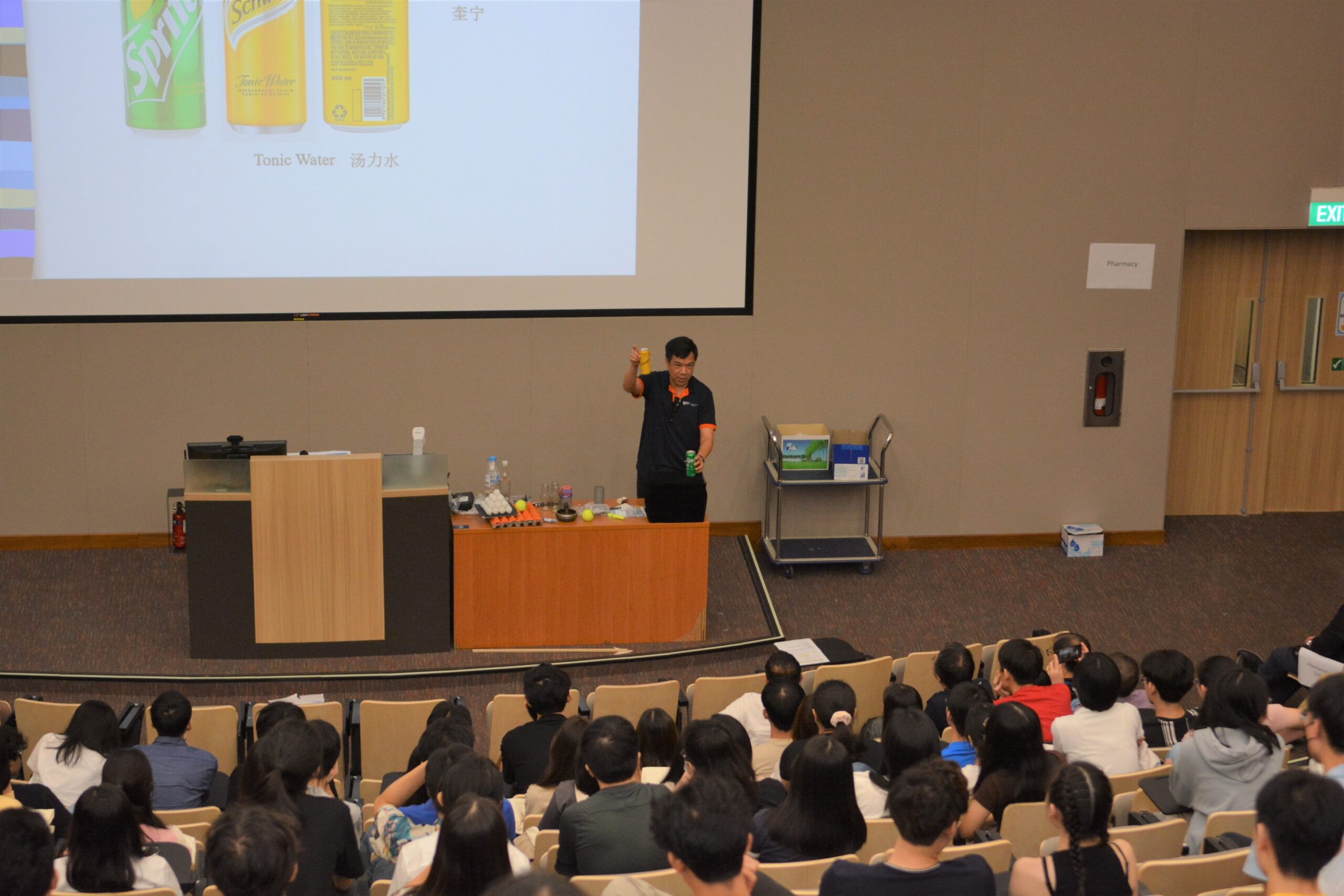
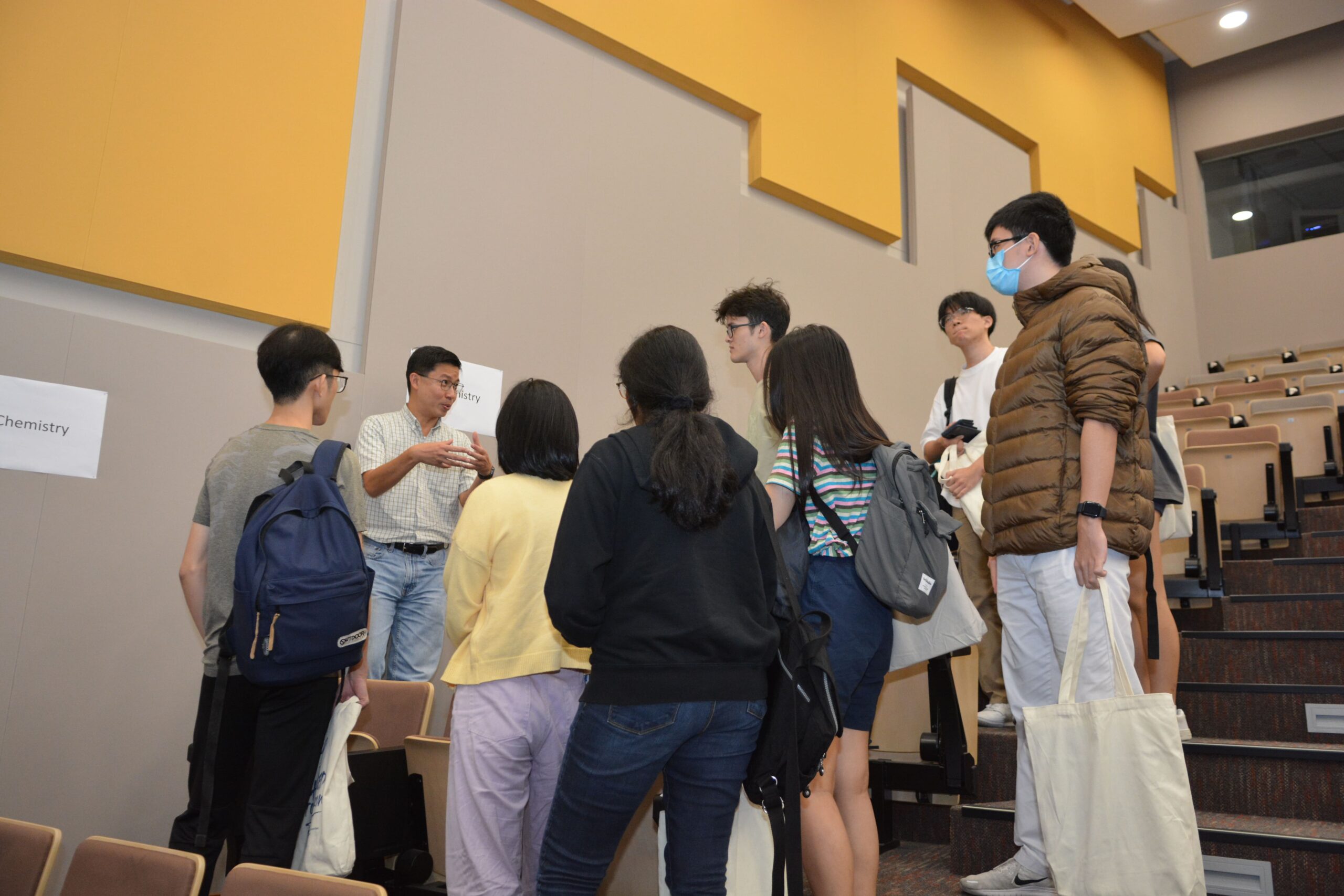
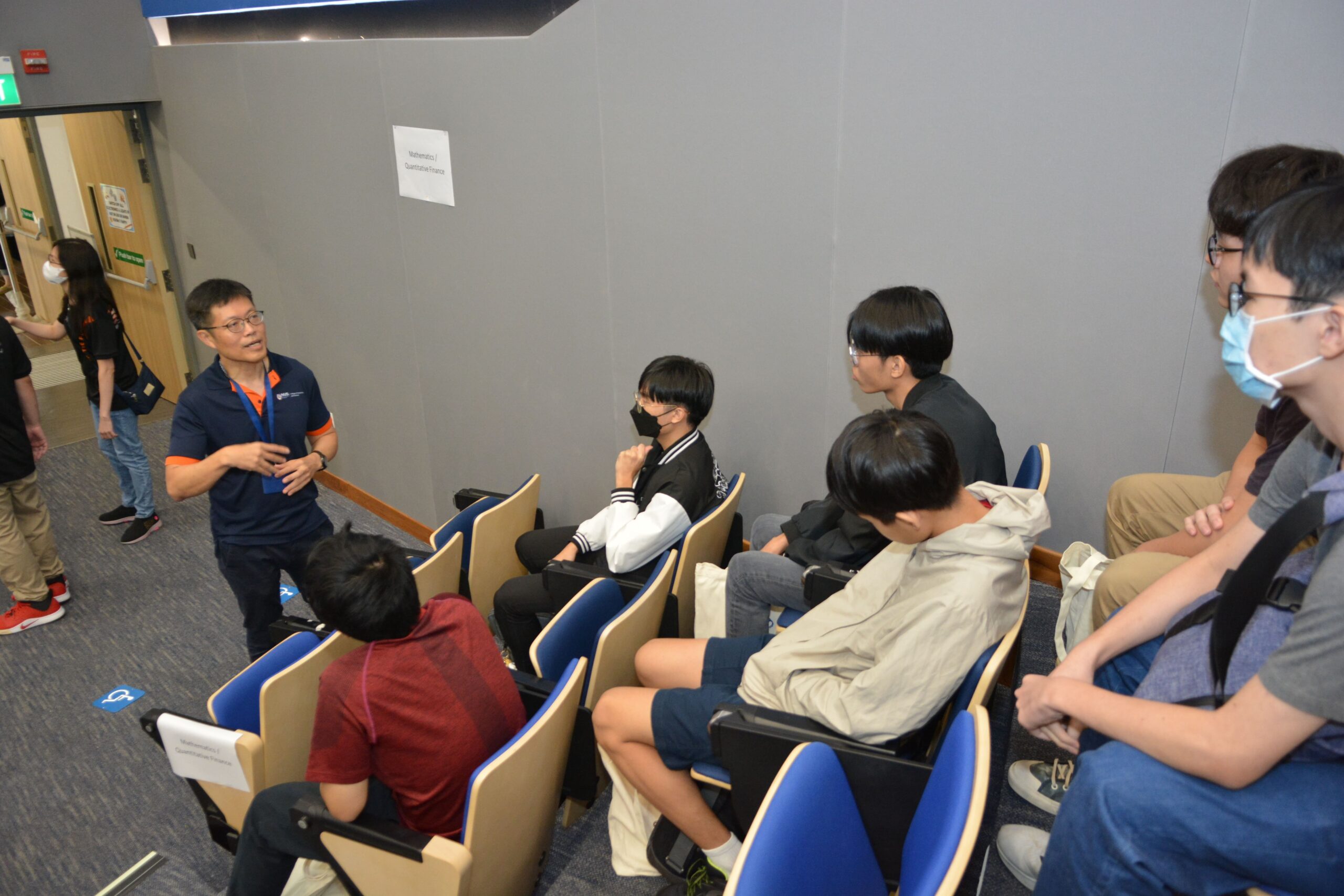
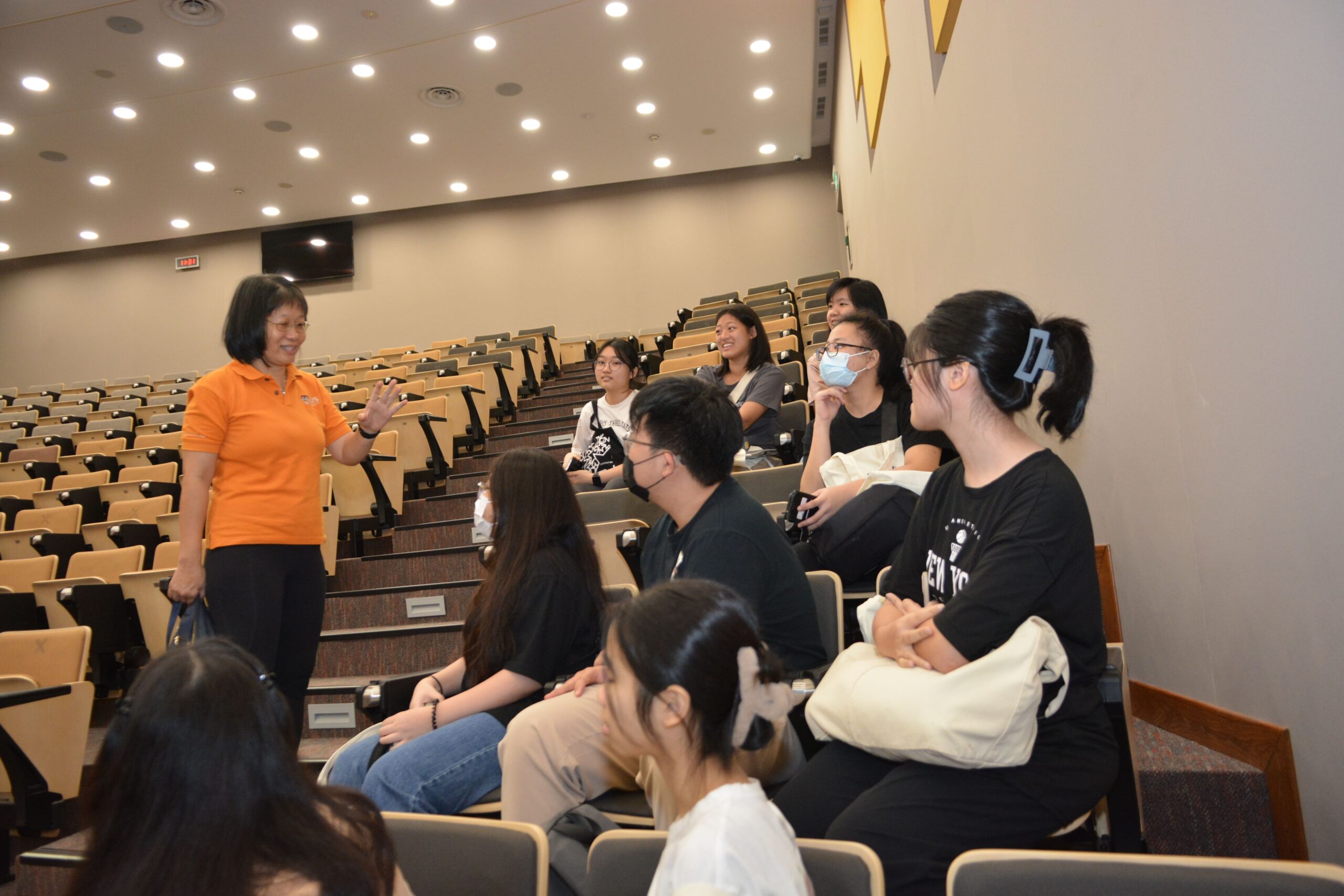
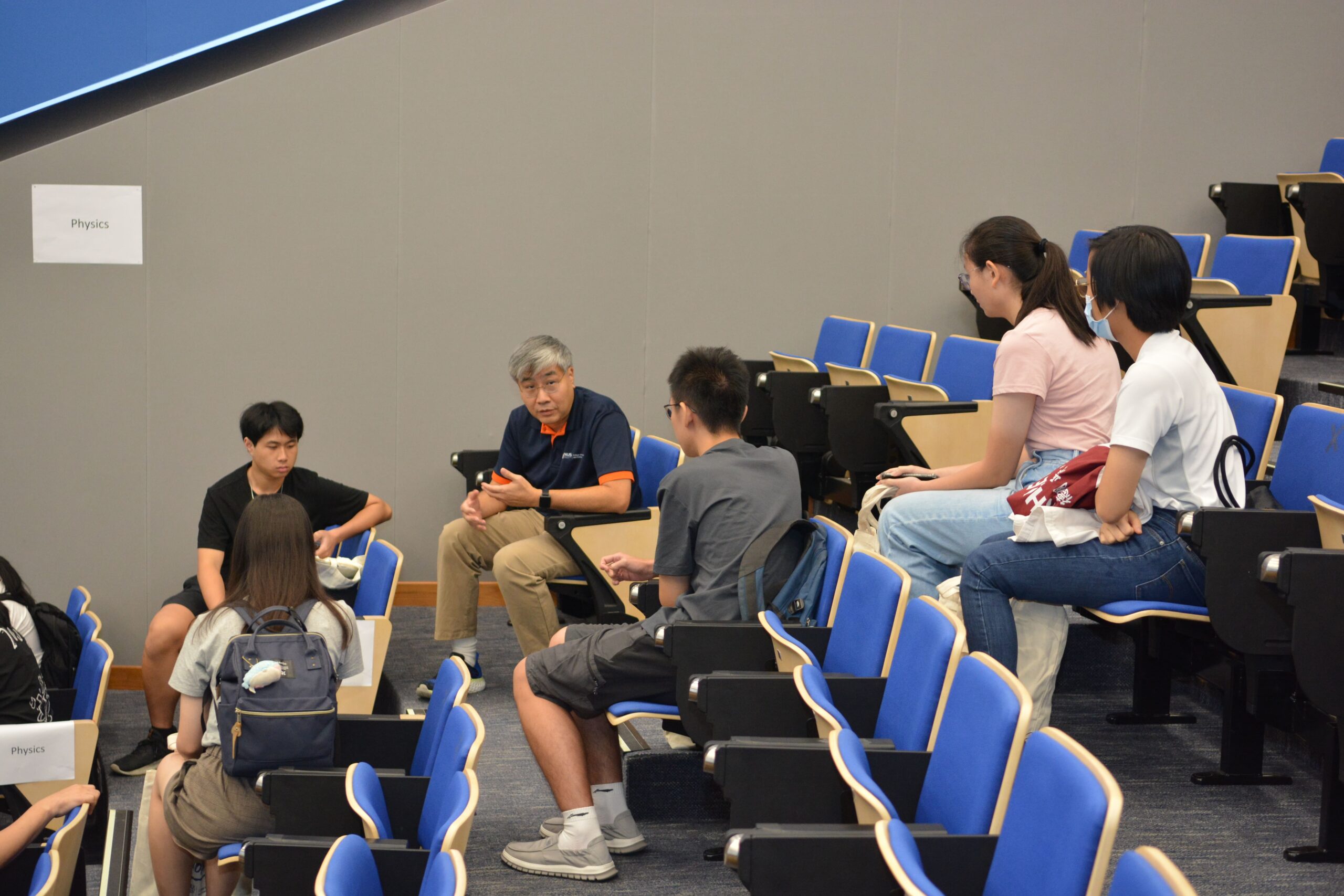
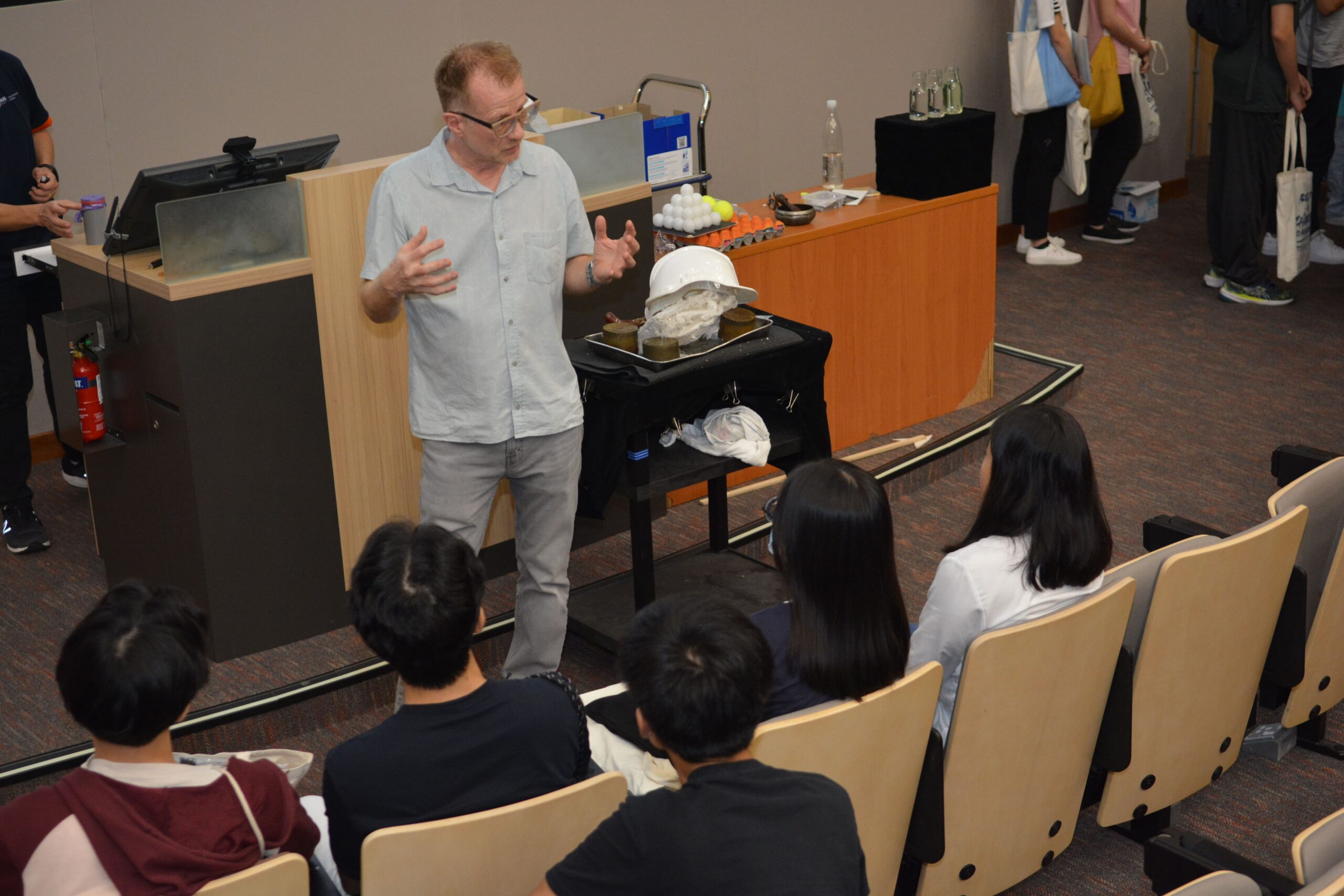
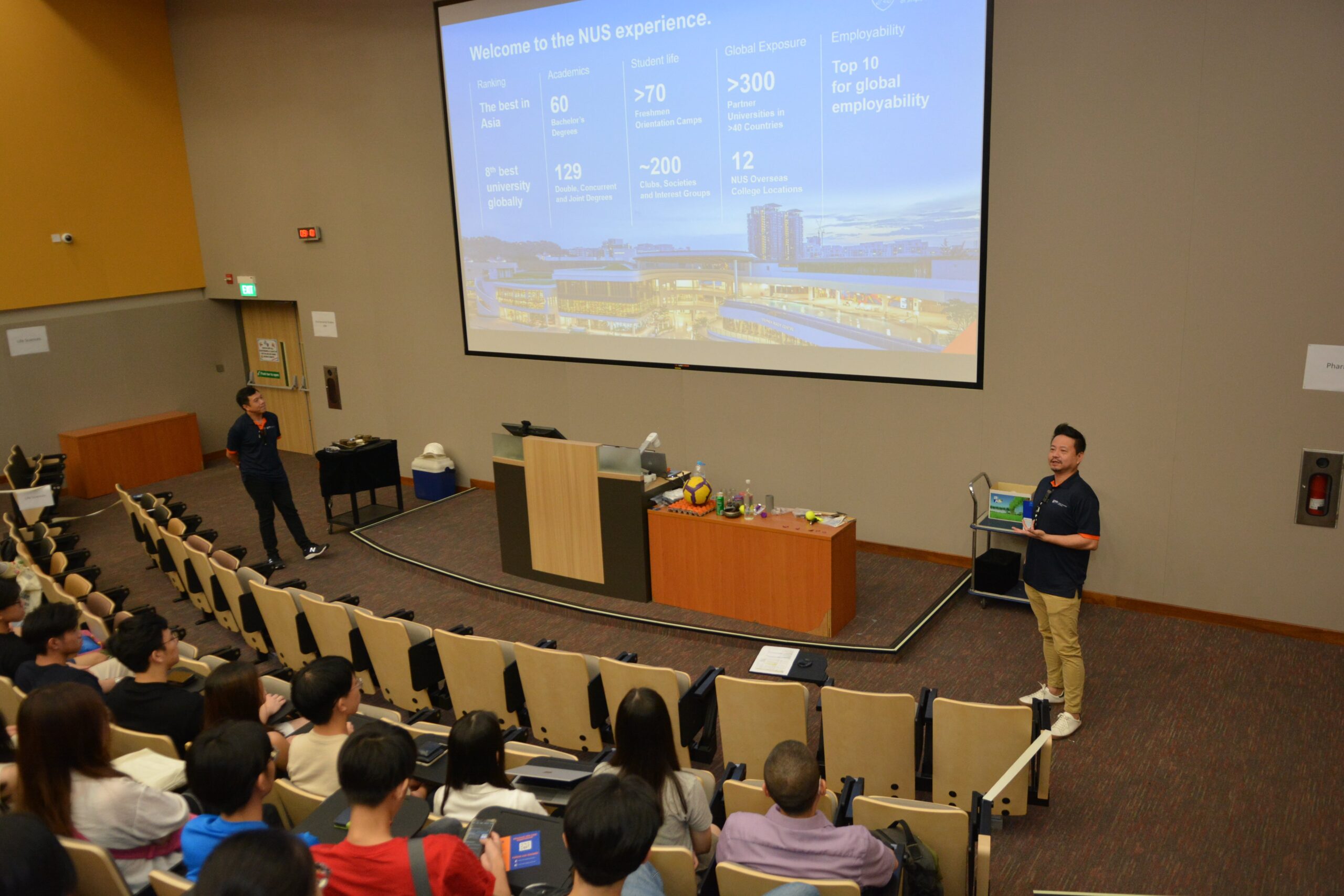
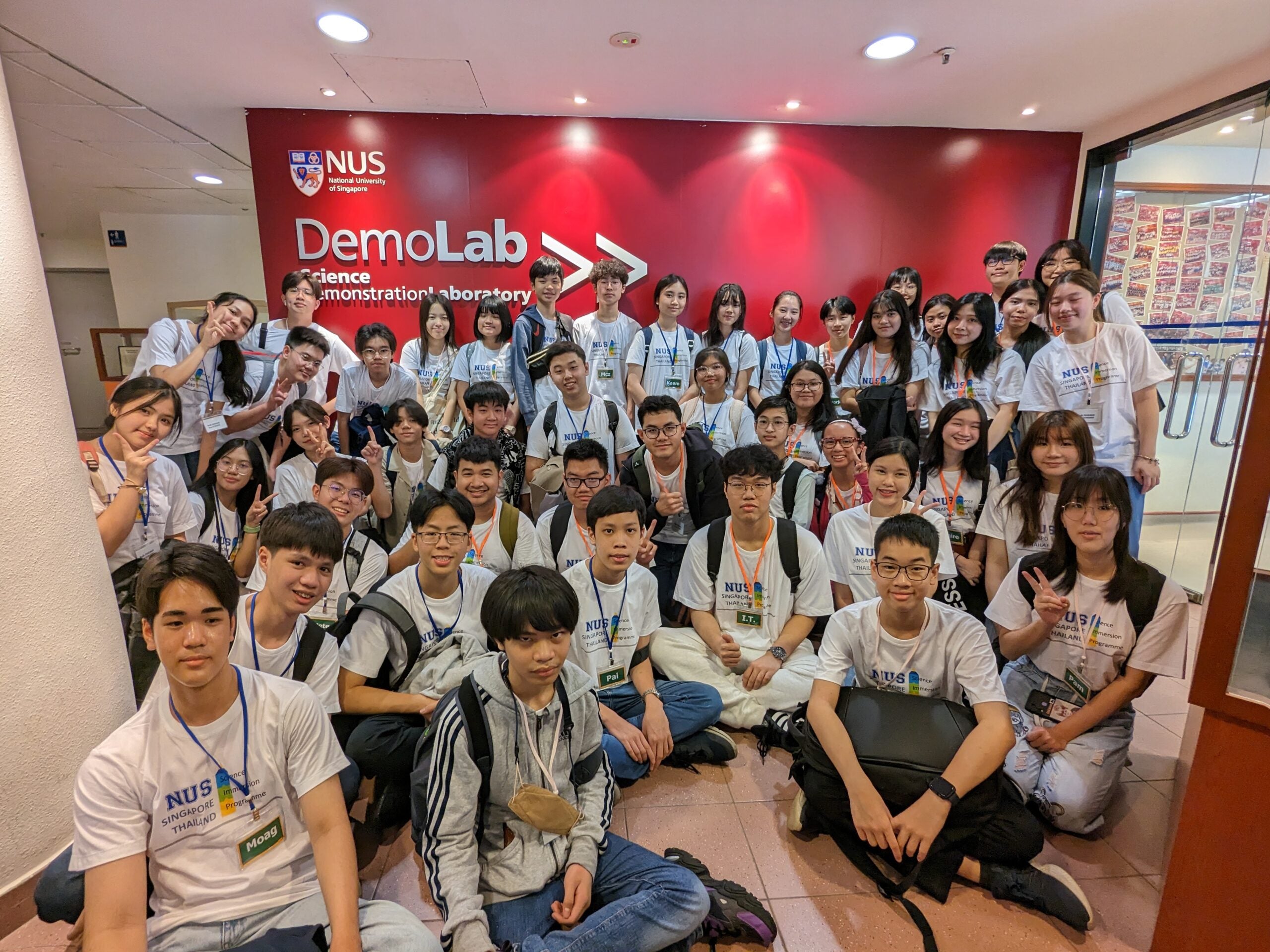
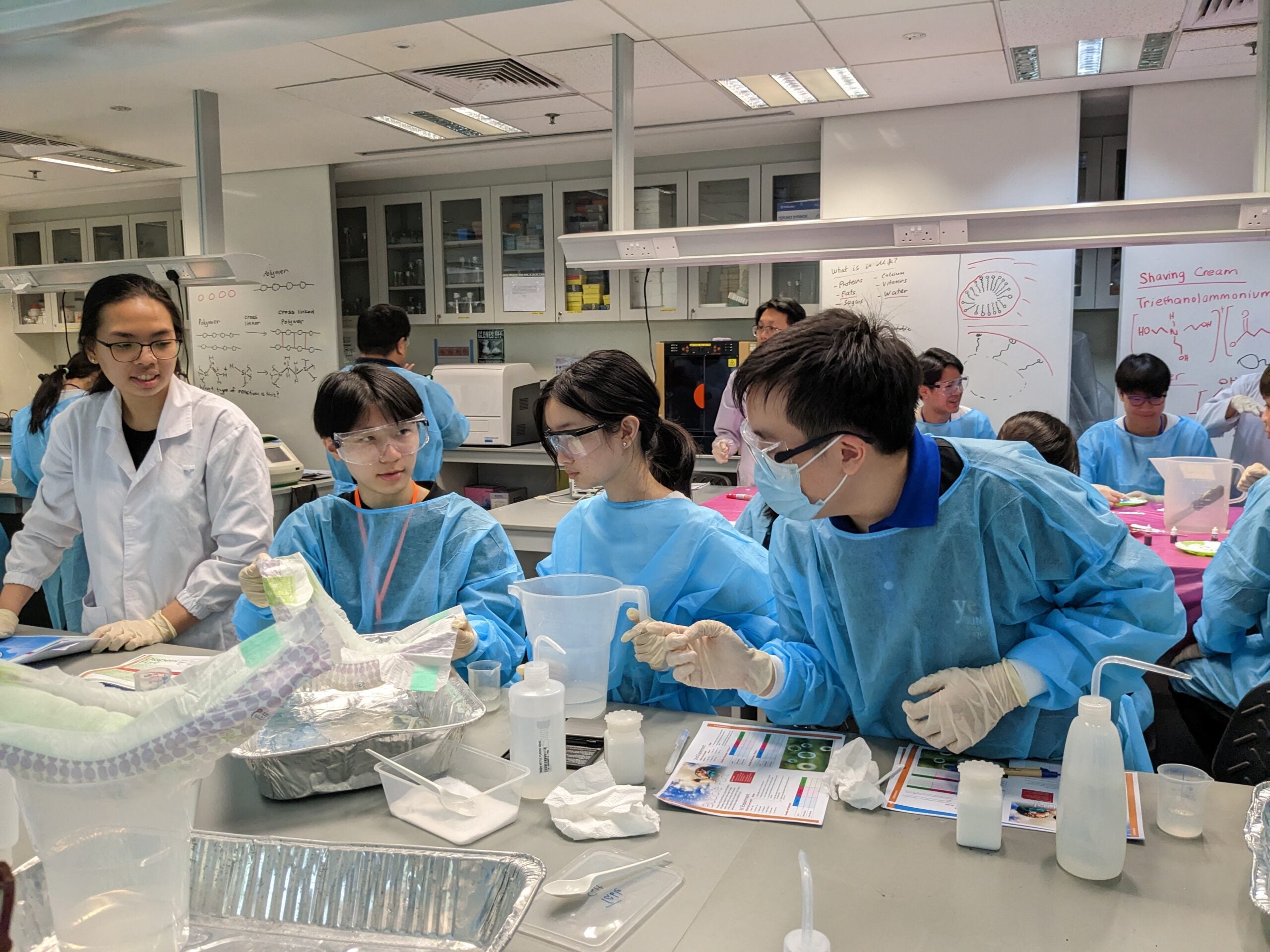
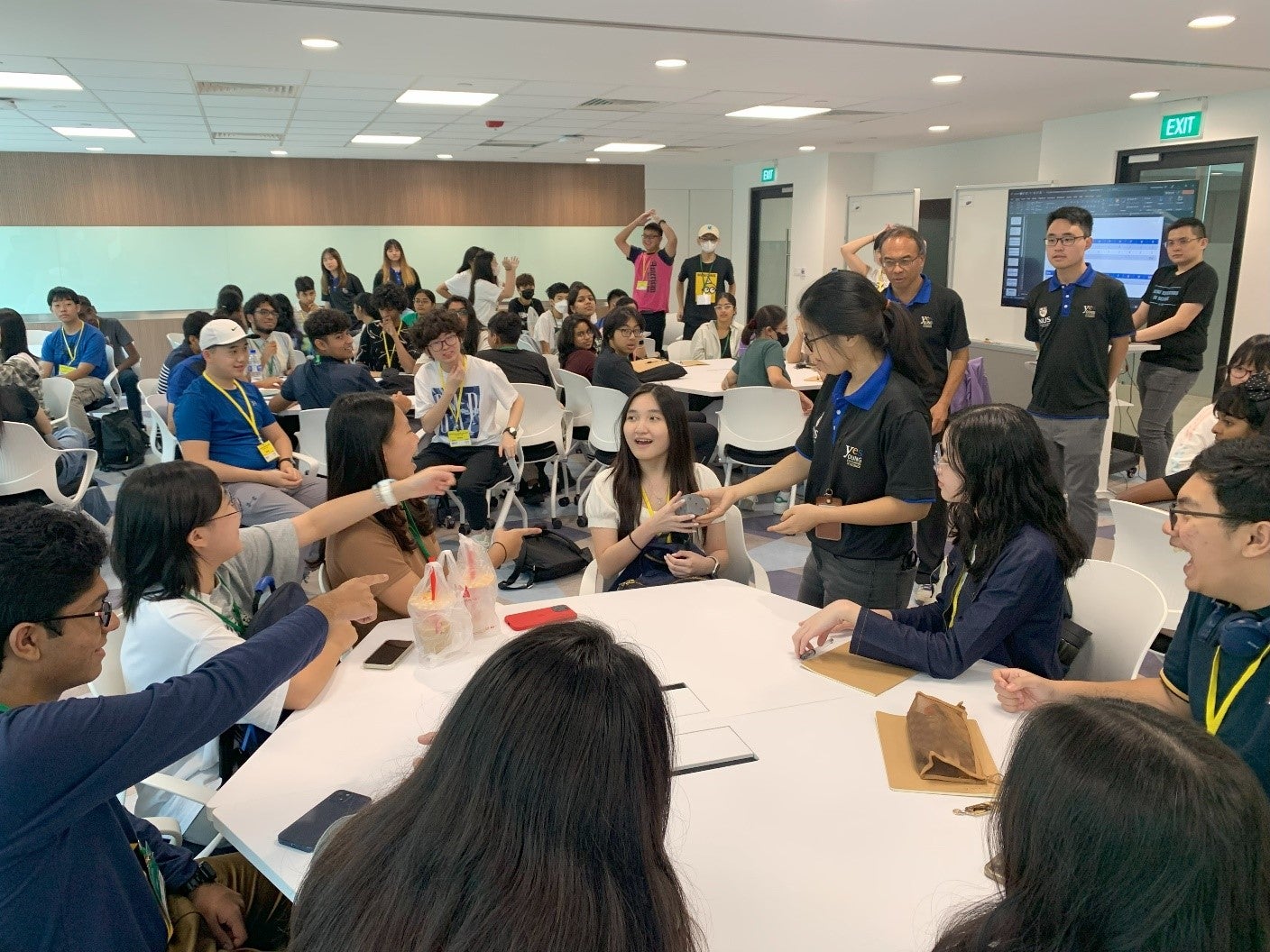

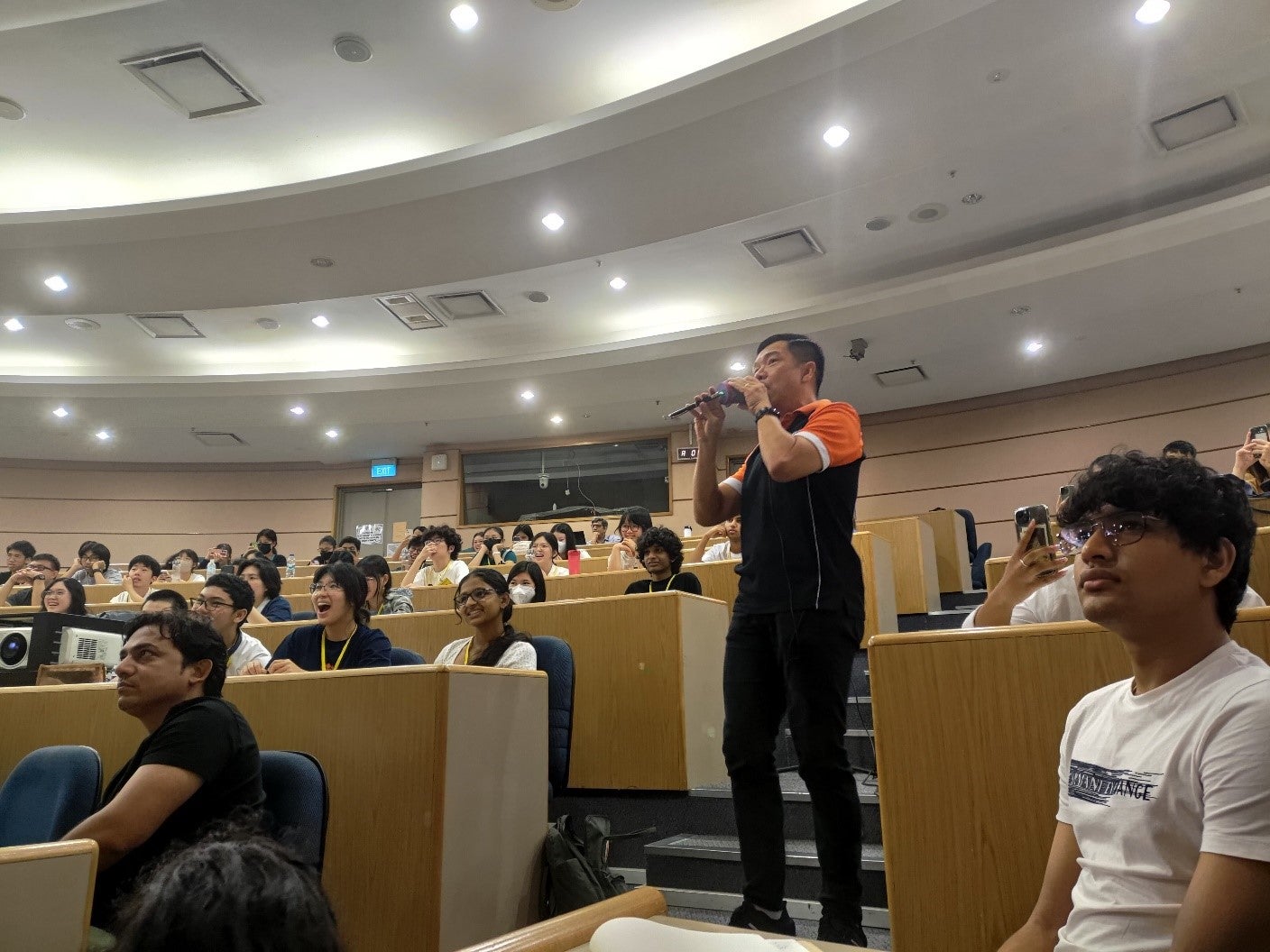
The inaugural run of the Singapore-Thailand Science Immersion Programme was held in May 2023. The four-day event drew 45 high school students from Thailand. The Science Summer Camp for the Asia Pacific region resumed in July 2023 after a hiatus during the pandemic, welcoming 108 participants from 12 countries. Various activities, including talks, experiential Science, Technology, Engineering and Mathematics (STEM) workshops, laboratory visits and quizzes, were organised.
Young Educators in Science (YES)
The YES programme embraces a community of undergraduate science communicators whose purpose is to share the relevance of science with the public and students in an engaging and meaningful manner.
Global Young Scientists Summit (GYSS) (2023)
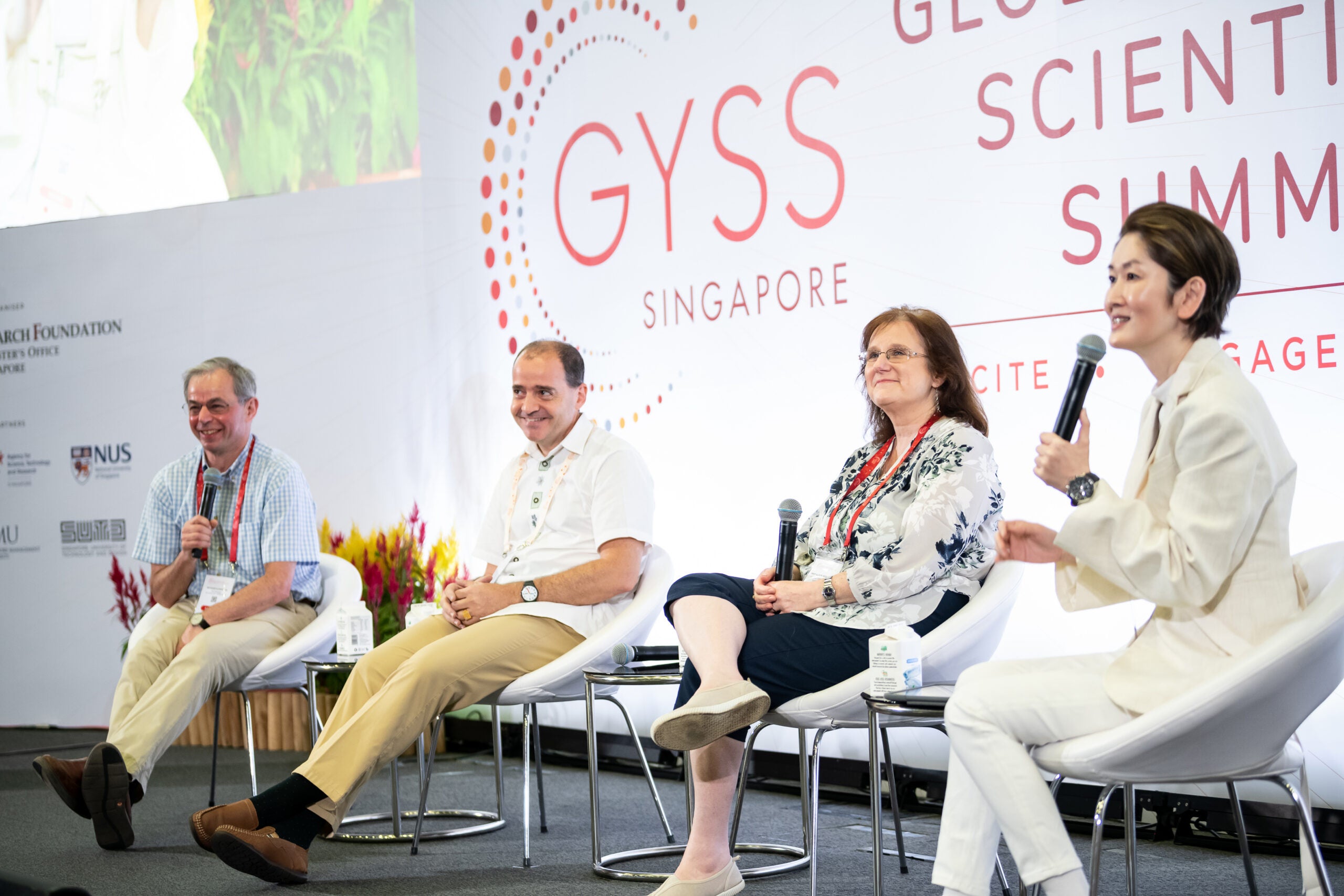
NUS’ Centre for Quantum Technologies (CQT) scientists participated in the GYSS held in January 2023. Department of Physics’ Prof Valerio SCARANI, CQT Deputy Director, spoke in a panel on science communication, joining Sir David KLENERMAN, University of Cambridge, United Kingdom (UK), and Assoc Prof Alison WOOLLARD, University of Oxford, UK. CQT researchers also led online sessions during the Summit. The Summit brings together young researchers and eminent scientists from around the world to discuss science and technology trends and how research can address global challenges. The 2023 edition welcomed over 1,300 students attending in-person and virtually.
Our educators are also recognised for excellent teaching.
Developing
Future-ready Graduates
We introduced new academic offerings for College of Humanities and Sciences (CHS) students, including SP2401 Science & Technology Industry Insights I, a course on developments and career pathways in a range of industries for NUS Science students, as well as four interdisciplinary courses (IDCs), each of which drew high enrolment. In the coming Academic Year, a new Minor in Botany and Specialisation in Food Science and Technology Industrial Applications, and more than 10 new IDCs, will be offered.
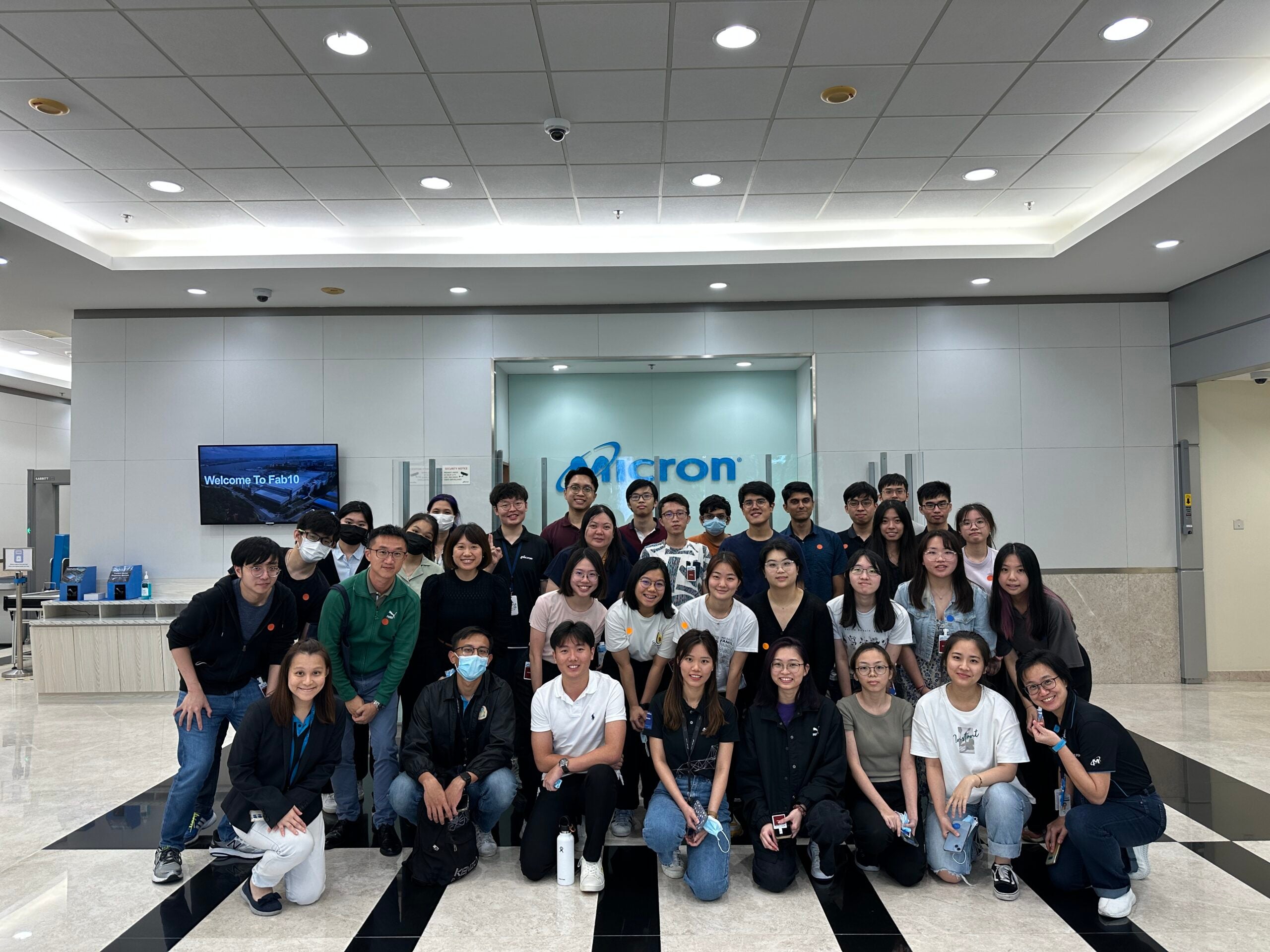
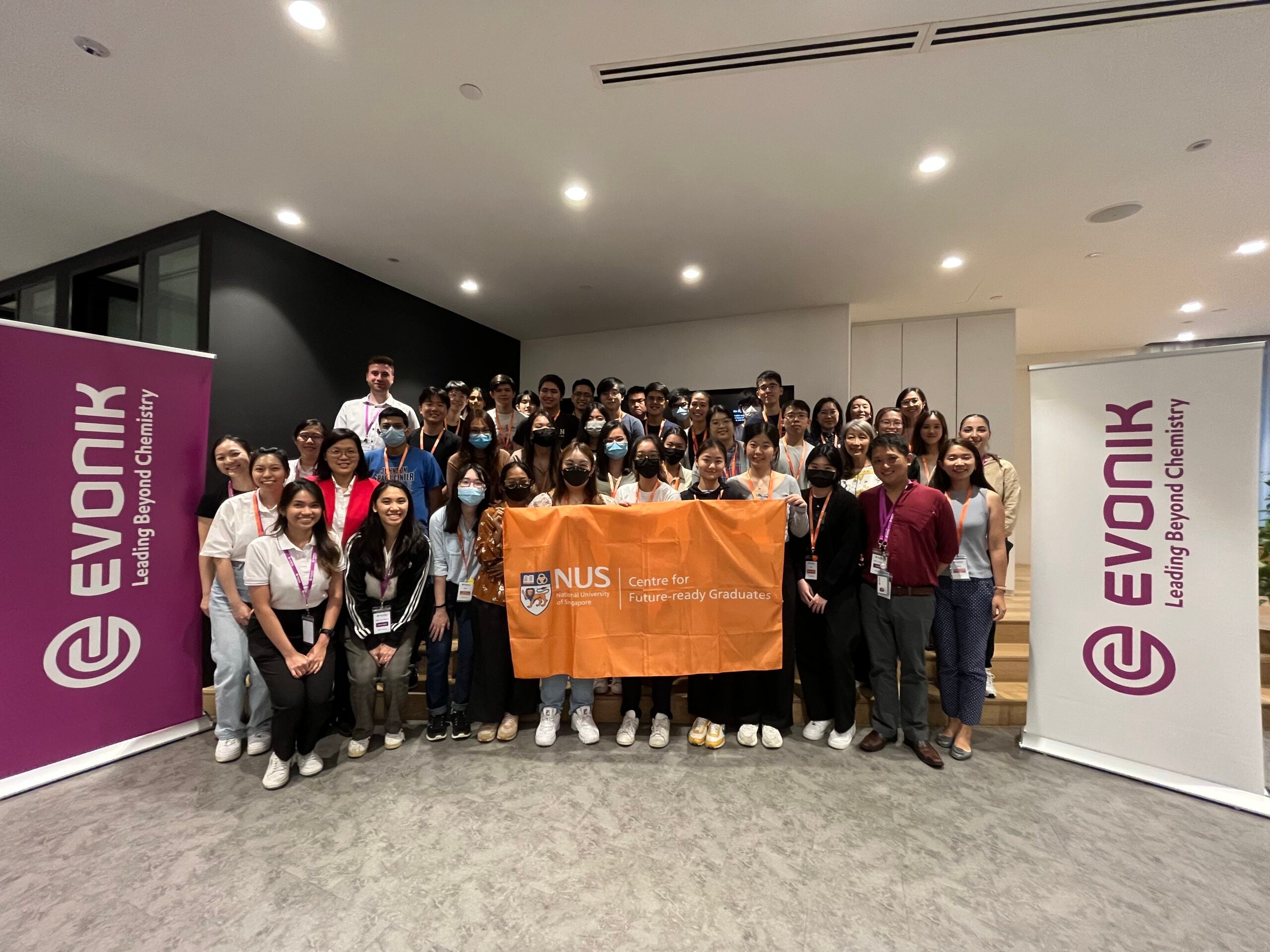
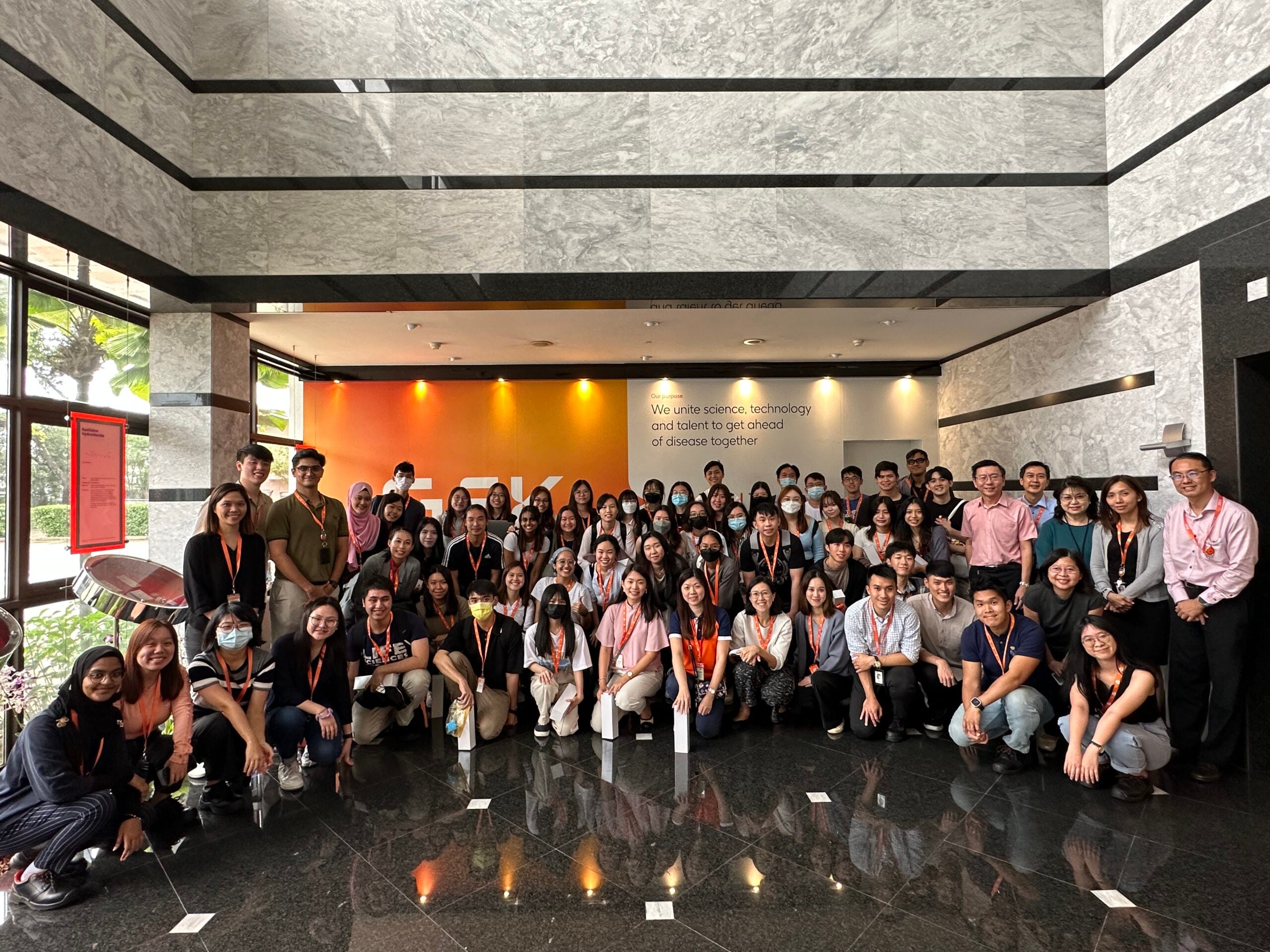
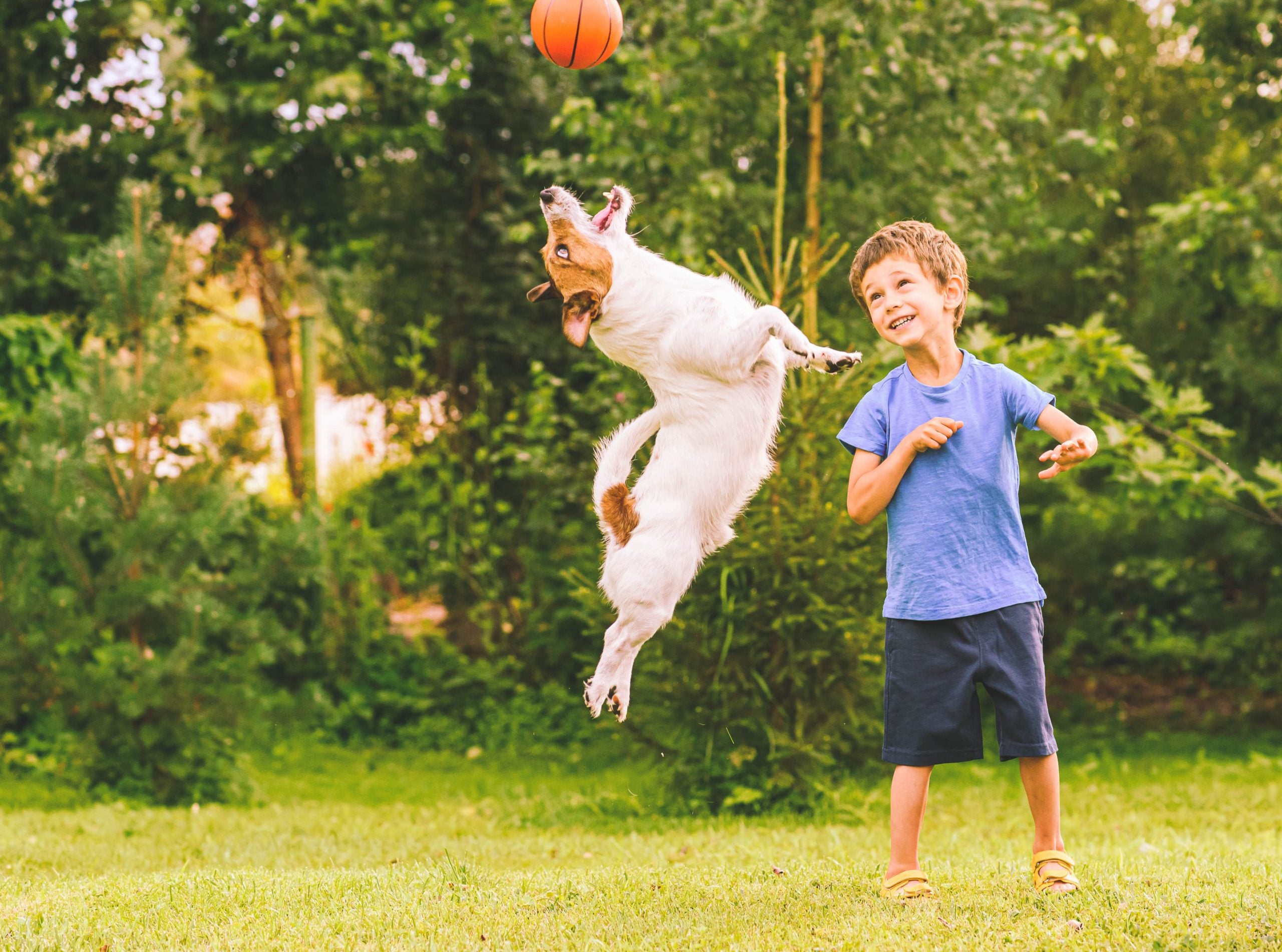


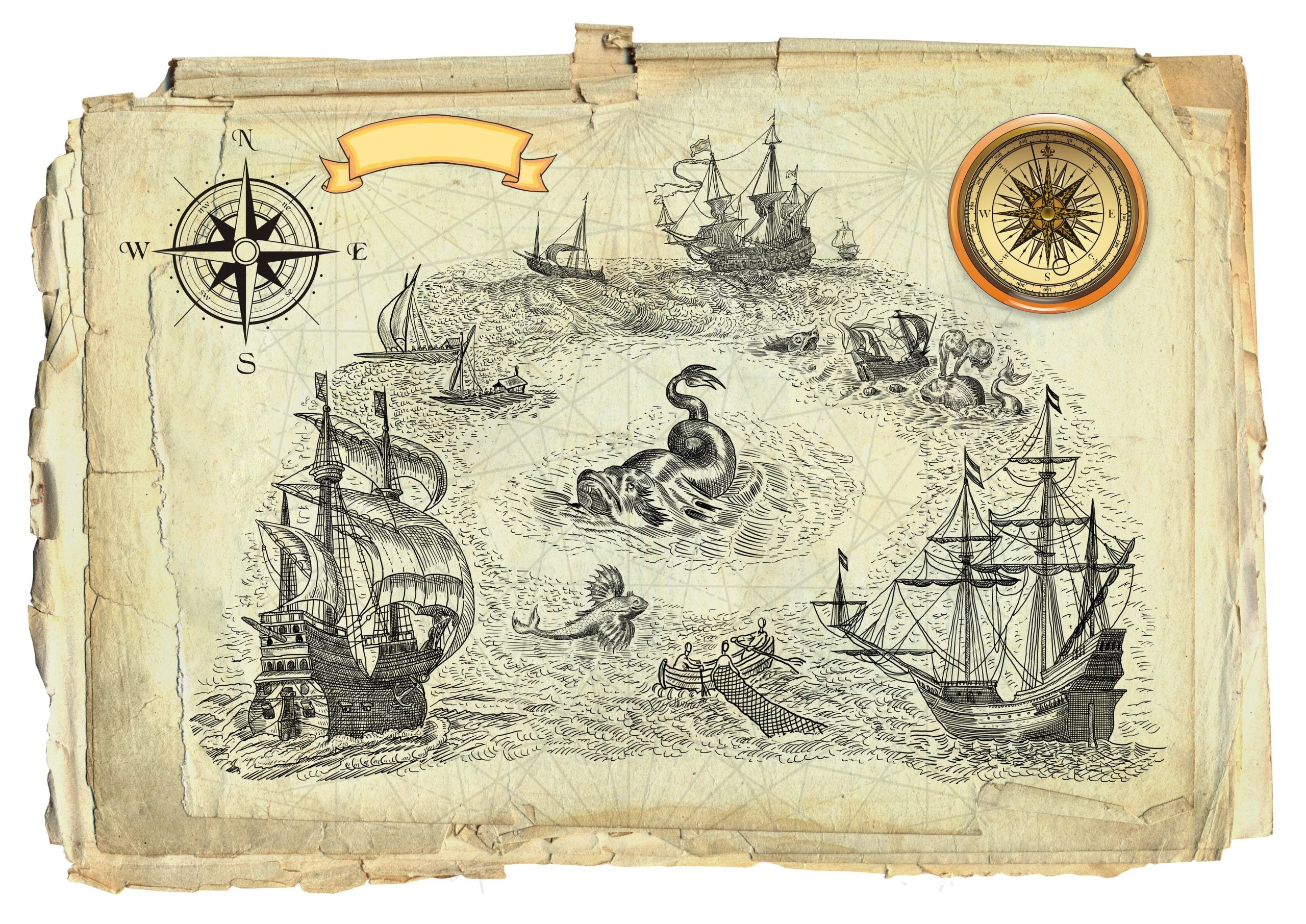
CHS’ Common Curriculum courses are now mapped with those offered by other Colleges and programmes in NUS. This enables more CHS students to read a double degree, double major or major-minor, within CHS and beyond#.
#With the exception of a few restricted programmes
Undergraduate Research
Our students get to work on cutting-edge research in different scientific fields.
Experiential Learning
Our students participate in diverse experiential learning opportunities, where they get to apply theories learned in the classroom to real-world situations.
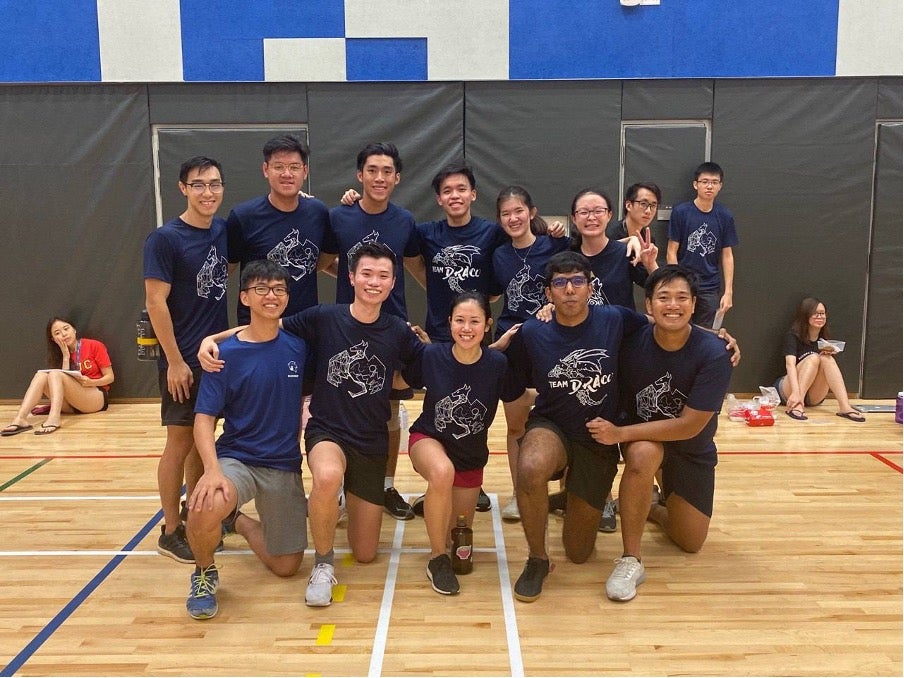
Design-Your-Own-Course (DYOC) encourages our students to pursue self-directed learning and explore their interests beyond their disciplines.
Global Education
After the hiatus during the pandemic, many of our students resumed going on overseas exchange. Such global learning experiences broaden their intellectual and cultural outlook.

Providing Inclusive and Accessible Education
Our financial aid schemes and the generosity of our benefactors have far-reaching impact. They provide equal opportunities for students of all backgrounds to fully benefit from NUS’ holistic learning experiences.
Bursaries
The Science Student Fund (SSF) was established in 2008 to enable financially disadvantaged students to pursue their studies without worries.
The Science Student Overseas Exposure Fund (SSOEF) was set up in 2006 to enable financially disadvantaged students to participate in overseas programmes.
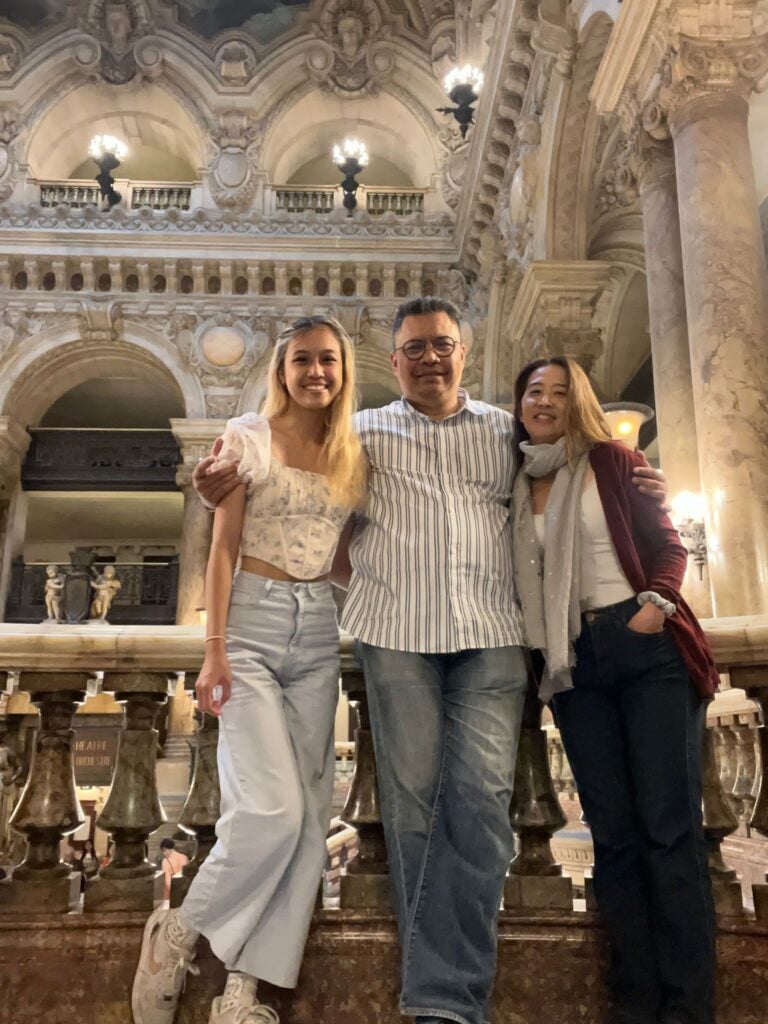
Our alumni’s generous contributions also support our disadvantaged students.
“I received help when I needed it. I am just extending the same support to the next generation of students.”
Life Sciences and Mathematics alumna (1992) Ms Khalijah MASUD comes from a big family and finances were tight when she was studying. However, she had a wonderful undergraduate learning experience, thanks to the generosity of well-wishers who supported her.
She is now paying it forward by helping financially disadvantaged NUS students. Together with her husband, also an NUS alumnus, she took the opportunity to give back to her alma mater at NUS’ annual Celebration of Love and Giving Dinner earlier this year.
Promoting
Lifelong Learning
Postgraduate programmes
Our Master of Science (MSc) by Coursework programmes continue to be well-received. We received over 7,000 applications and admitted around 1,000 candidates into our programmes in Academic Year 2022 / 2023.
We will be launching a Master of Pharmacy (Clinical Pharmacy) programme in Academic Year 2023 / 2024. This programme will give learners more flexibility and diverse pathways towards advanced generalist and specialist pharmacy practice.

Our MSc programmes benefit many who wish to advance their knowledge and careers in their chosen fields.
This year, we will also be introducing two new double degree programmes in chemistry and physics with Tianjin University.
In their quest for answers to real-world problems, our Doctor of Philosophy (PhD) students are recognised for their research which uncovers insights towards solving these problems.
We also stepped up efforts to enhance our PhD scholarships. We introduced a Graduate Tutor scheme where PhD students get the opportunity to guide our undergraduate students, as well as offer PhD Conference Awards that enable our students to present their research at conferences. This year, we also launched the Dean’s Graduate Fellowship to attract talents with the potential to become exceptional researchers.
Continuing Education and Training (CET) Programmes
We currently offer over 150 CET courses, many of which enable adult learners to stack up qualifications towards certificates, graduate diplomas and Master’s degrees on specialised themes relevant to skills development. In Academic Year 2022 / 2023, over 1,900 participants attended 110 short courses, while over 400 attended SkillsFuture-subsidised stackable academic courses.
To support skills demand growth in the emerging digital finance and sustainability fields, we launched new courses covering these domains.
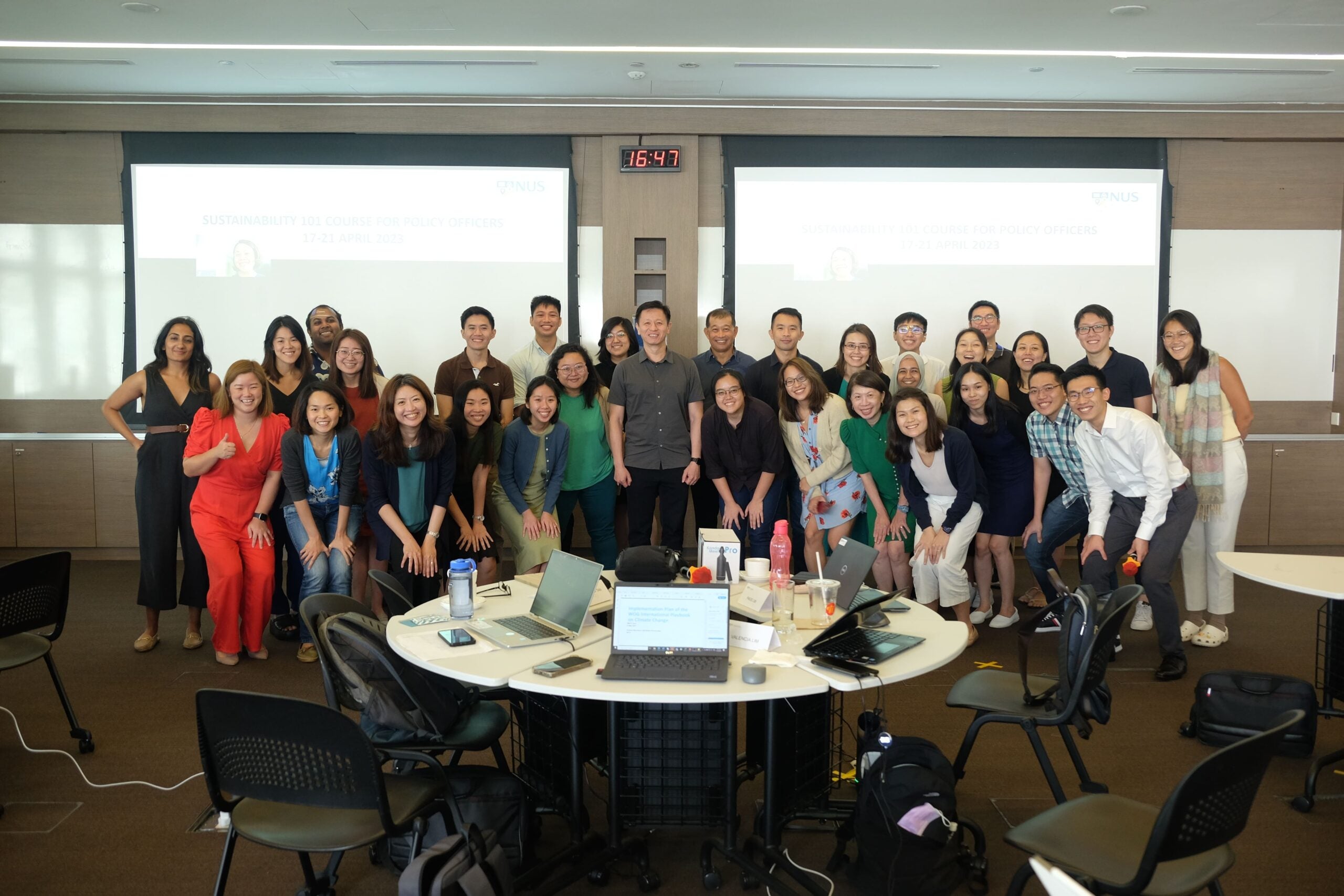

For instance, we are working with various government agencies to upskill public officers for the green economy. The inaugural Sustainability 101 Course for Policy Officers is the first executive training programme in Singapore to build up the capacity of government officers to fight climate change. NUS’ Centre for Nature-based Climate Solutions (CNCS) launched the course in 2022 in collaboration with the National Climate Change Secretariat (NCCS), Prime Minister’s Office Strategy Group, and NUS’ School of Continuing and Lifelong Education (SCALE) Global. The course draws extensively from experts in academia, government and private companies to deliver up-to-date content to participants.
NUS is also collaborating with the Ministry of National Development (MND) to offer a new Professional Certificate in Sustainability for the Built Environment for technical and policy officers, focusing on sustainability and circularity topics.
